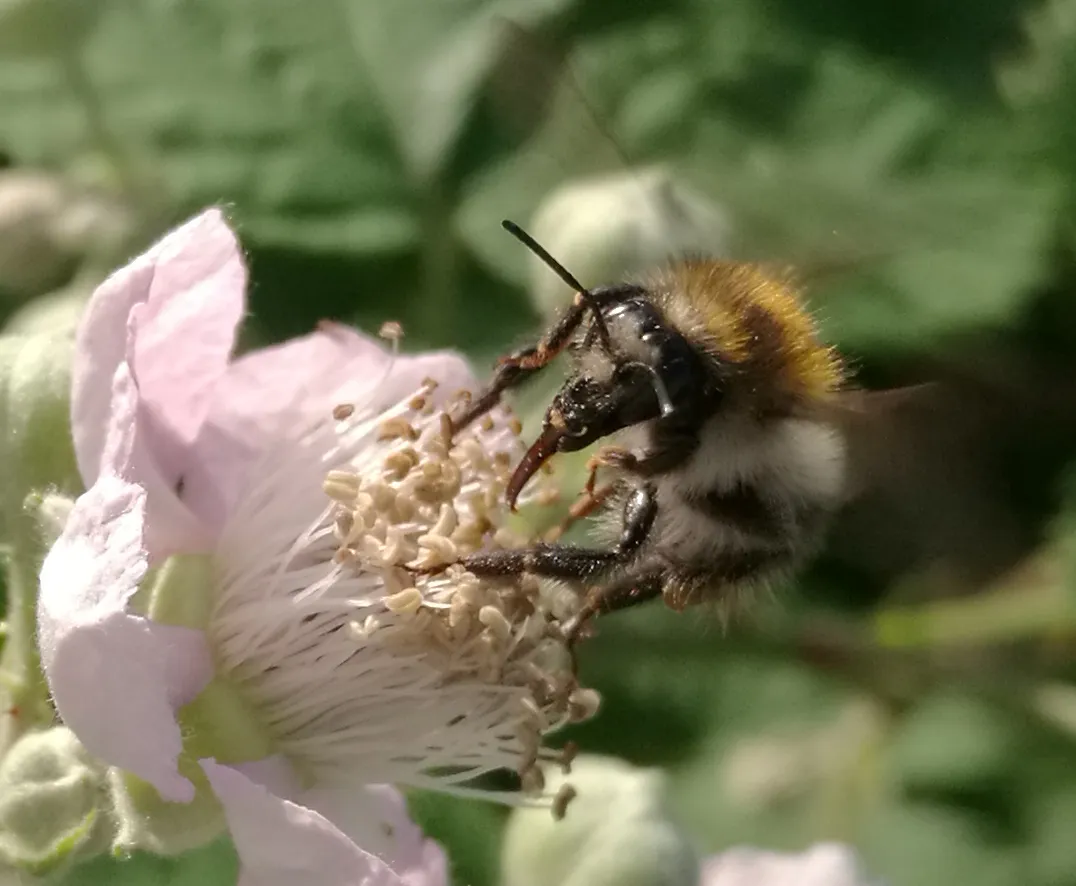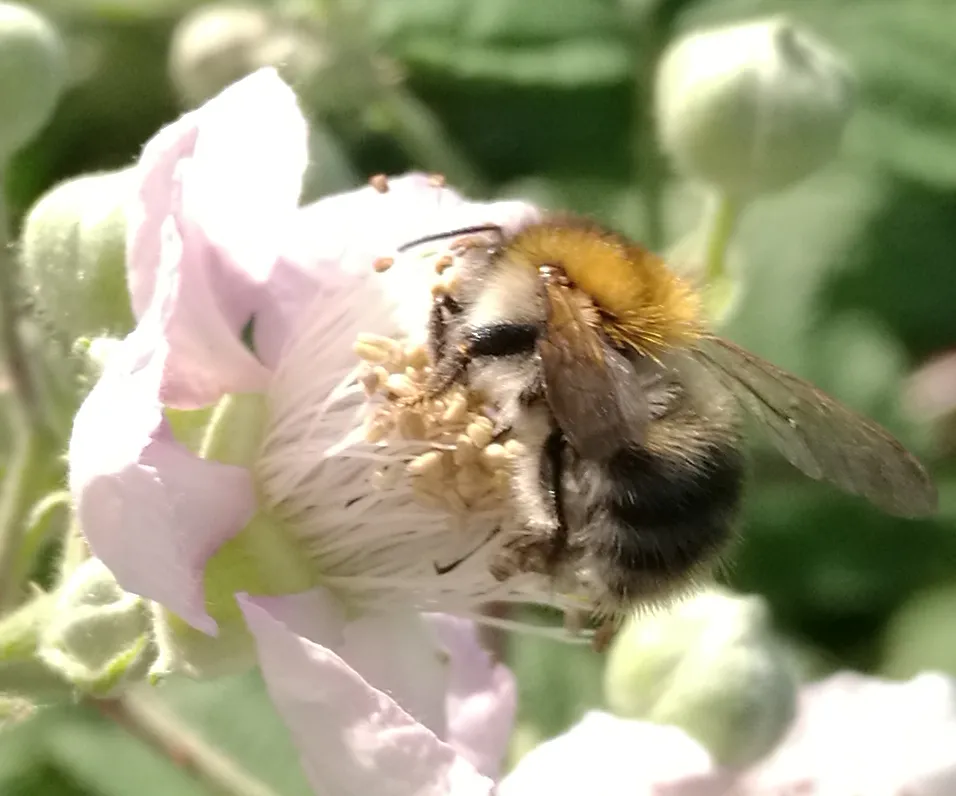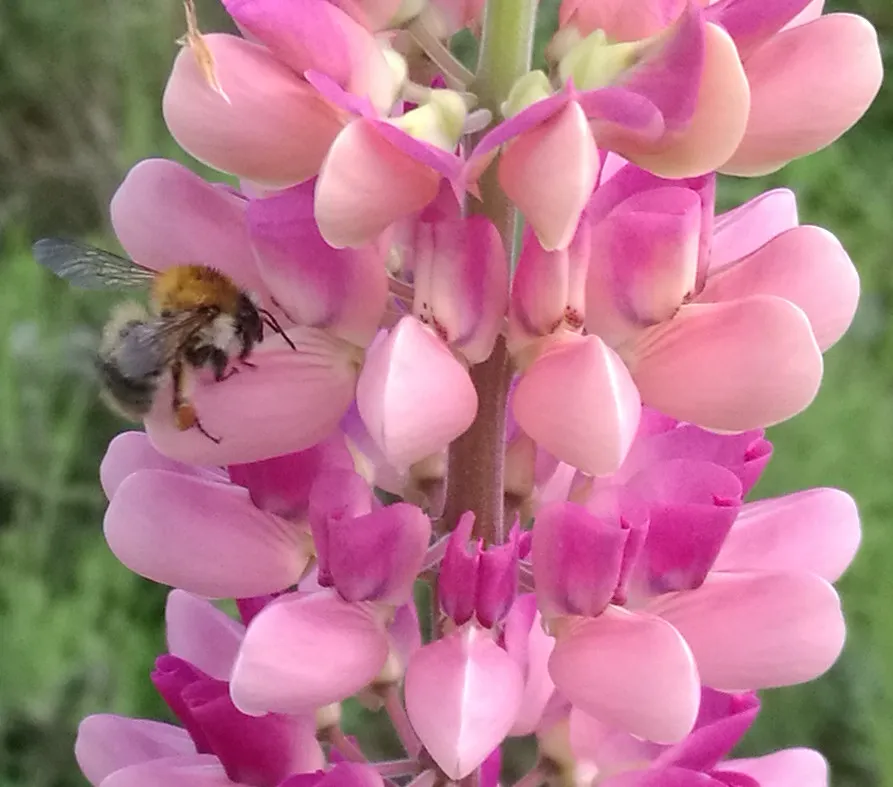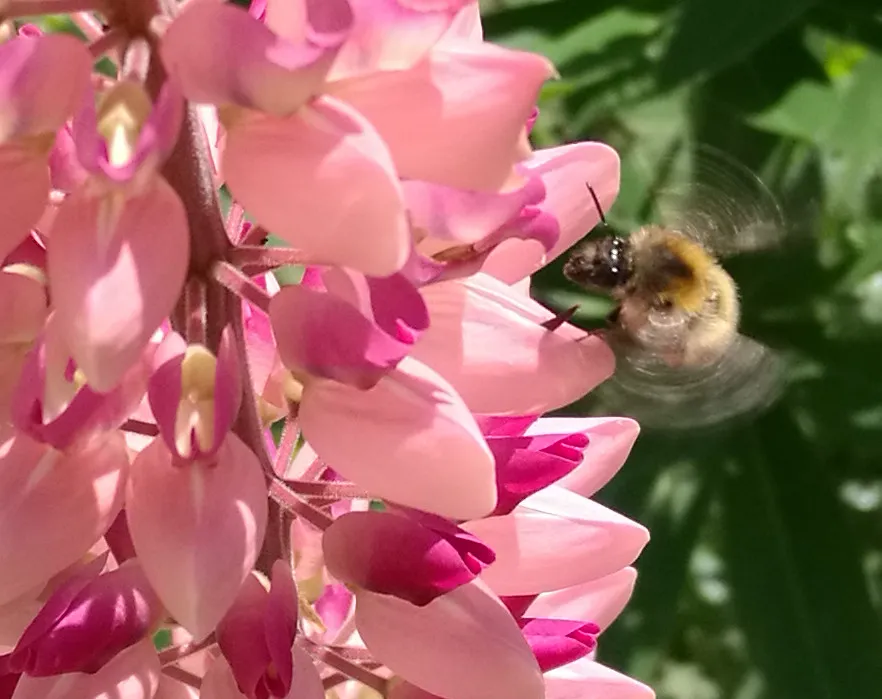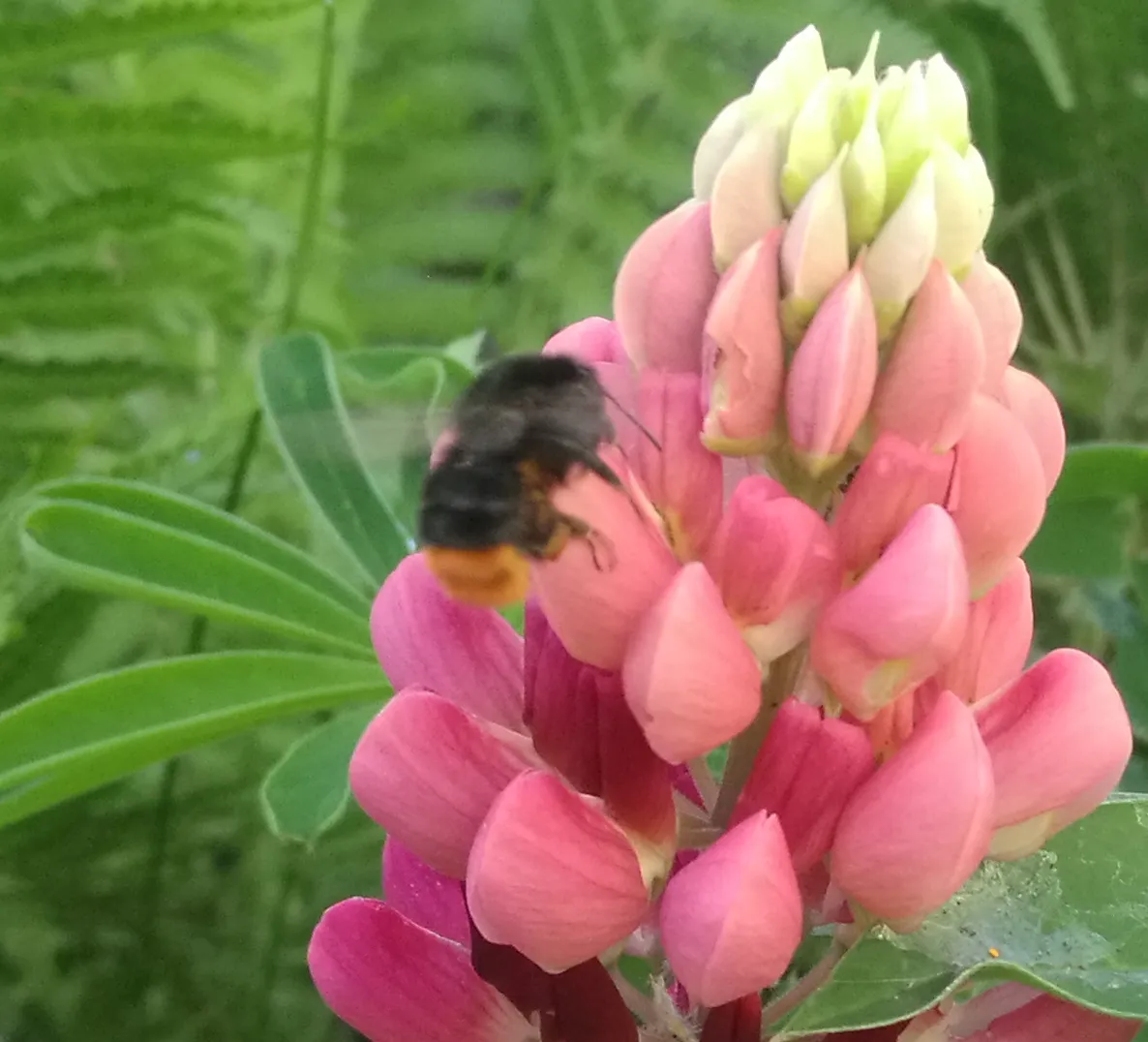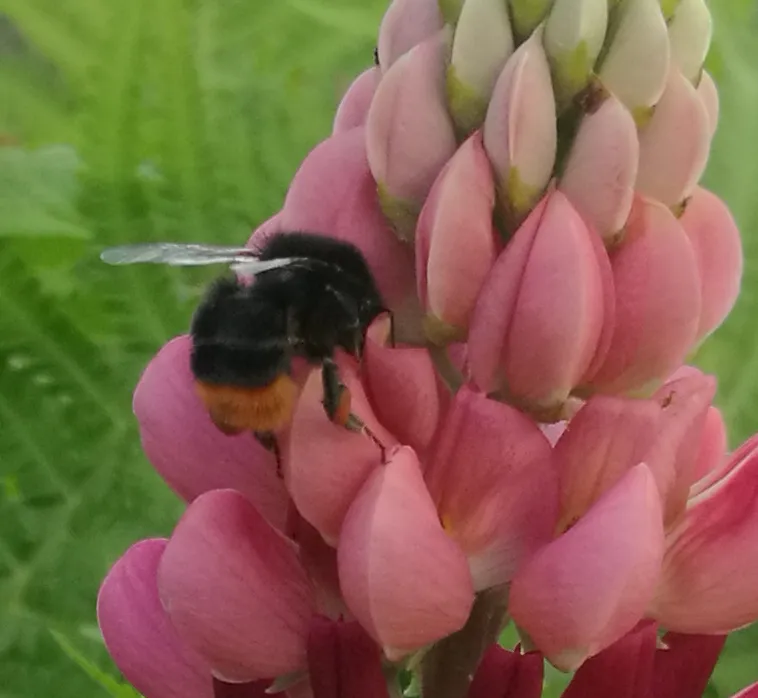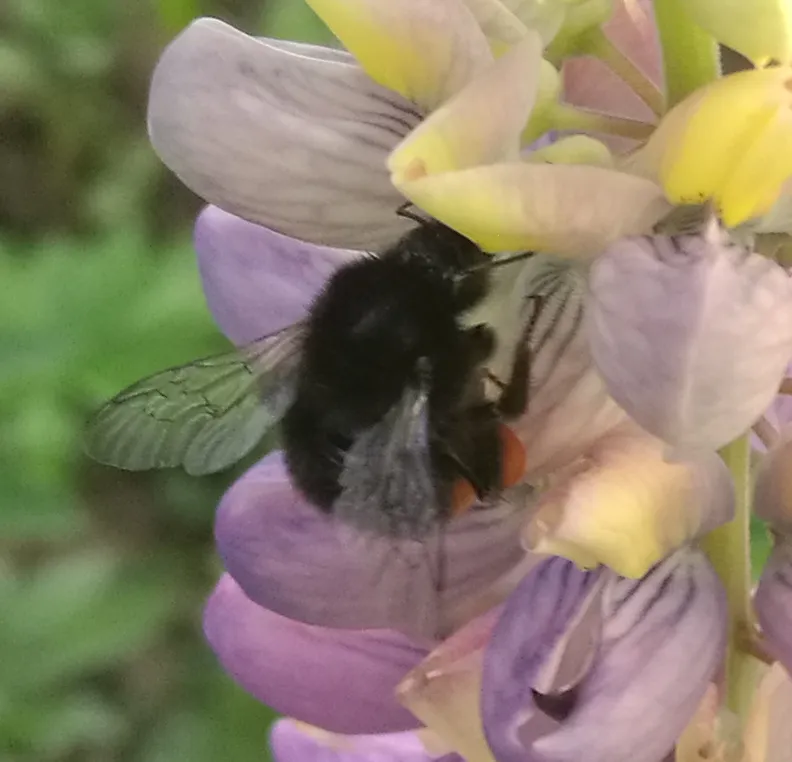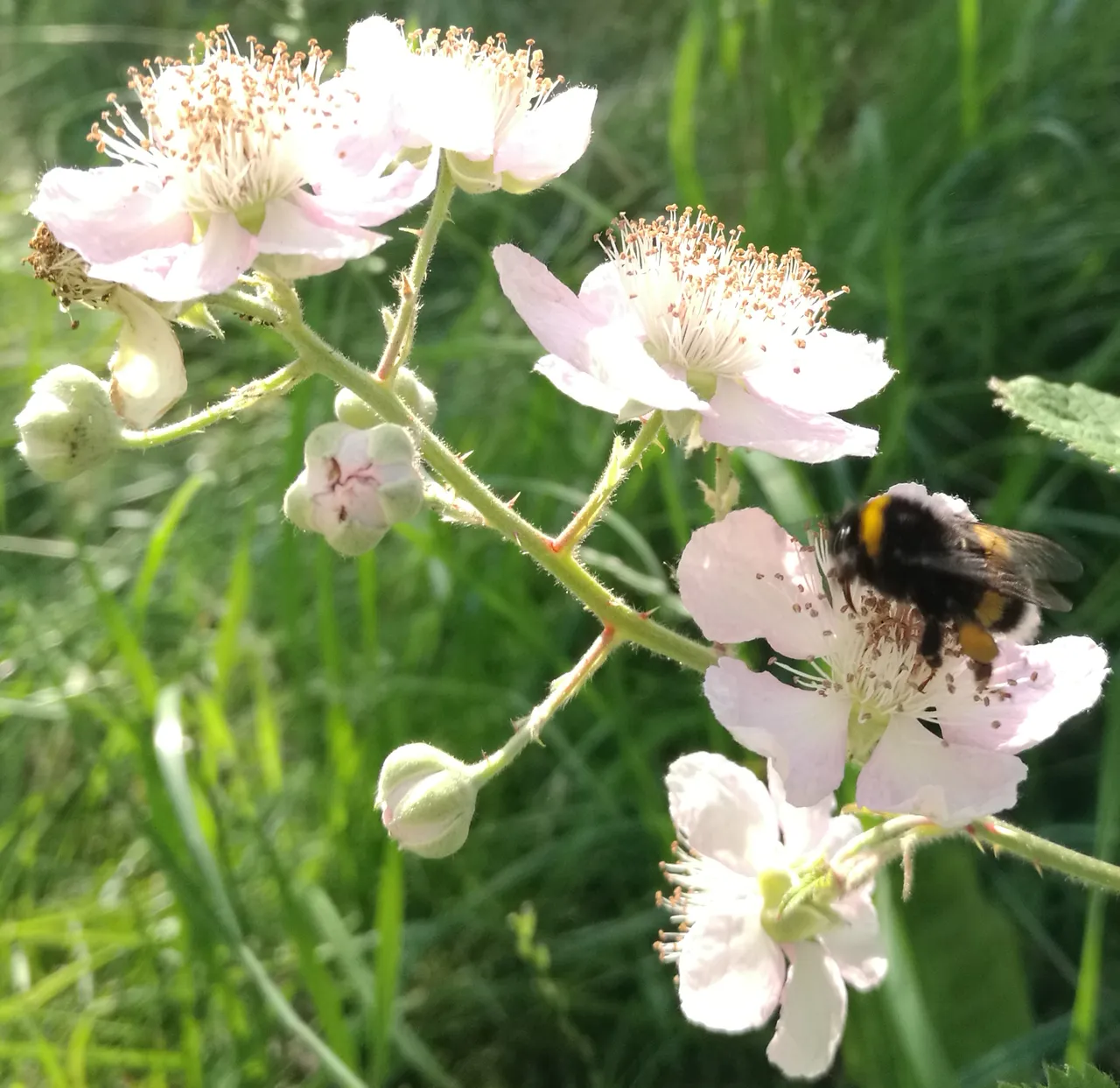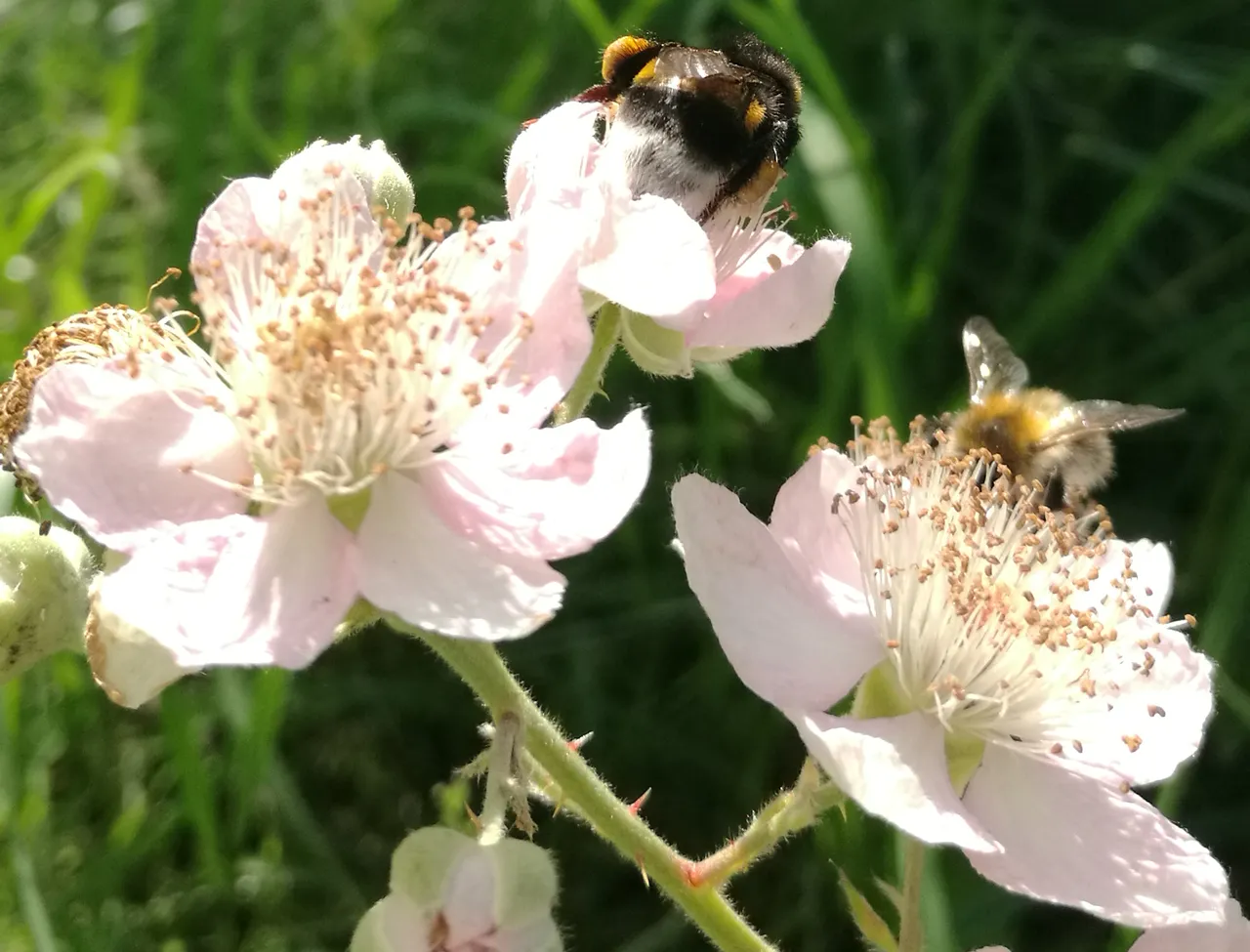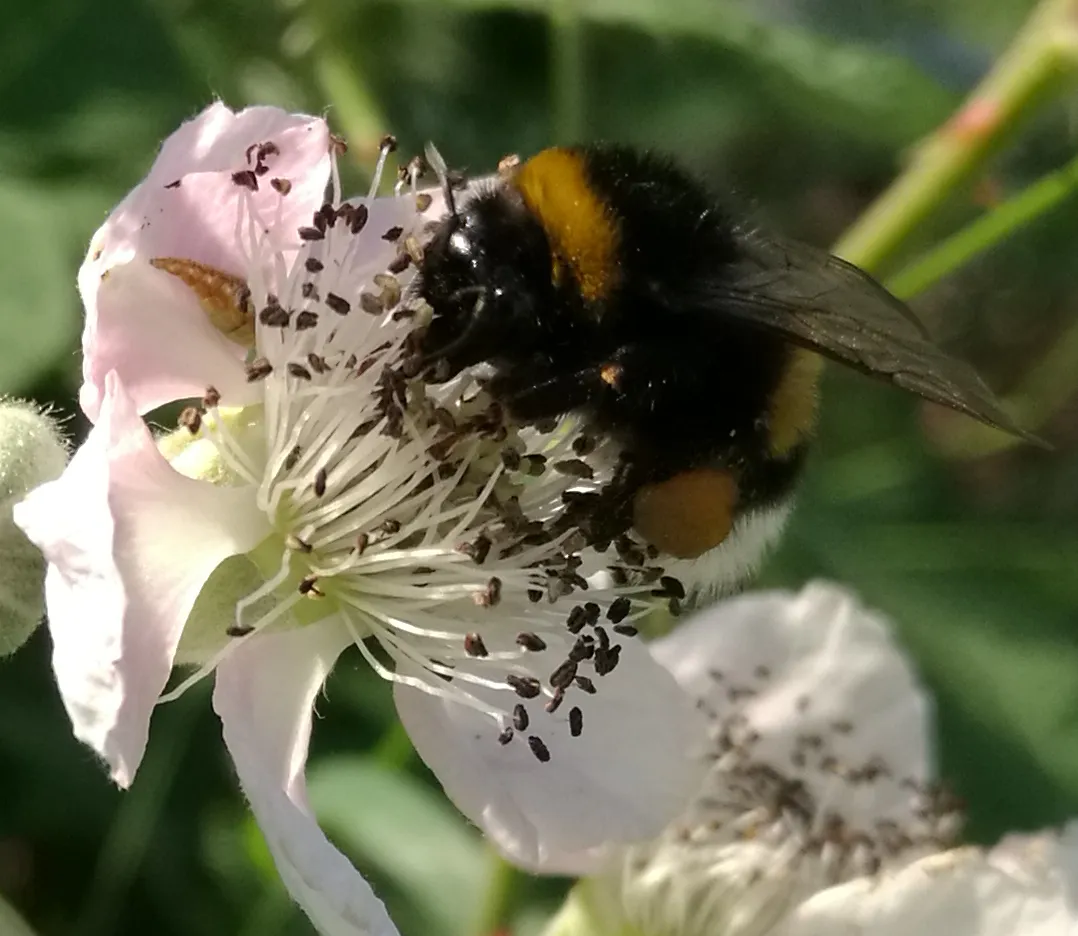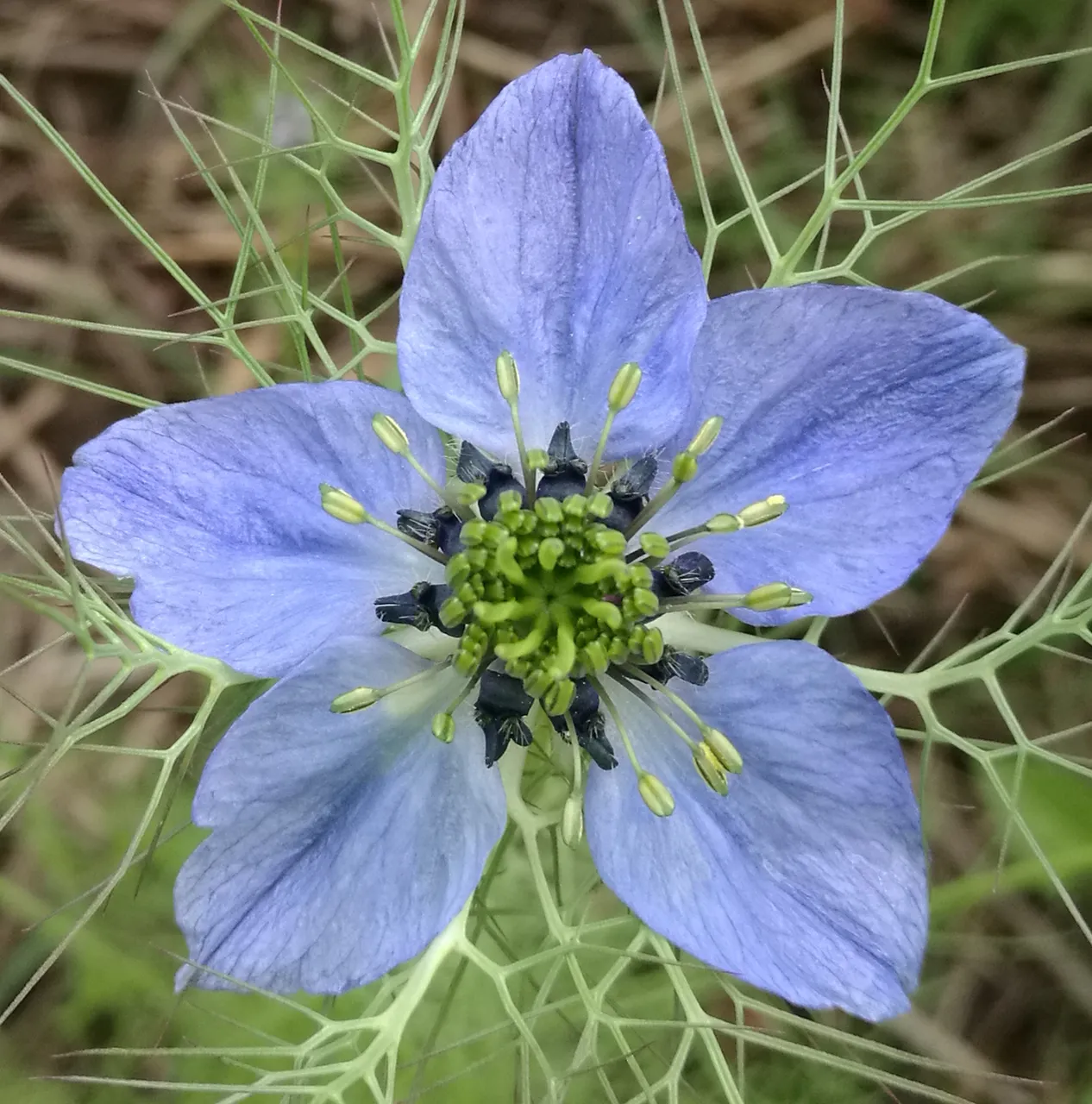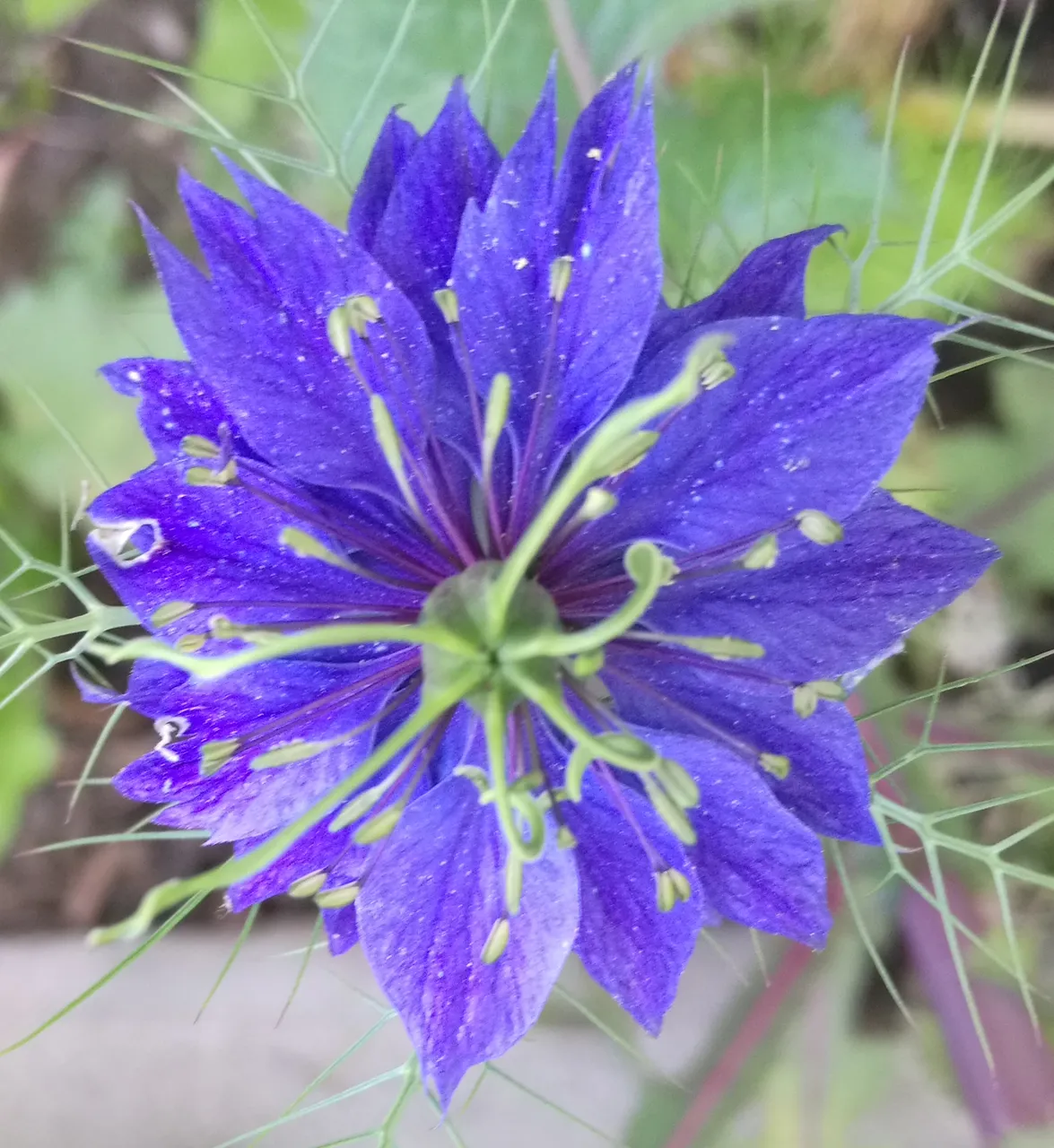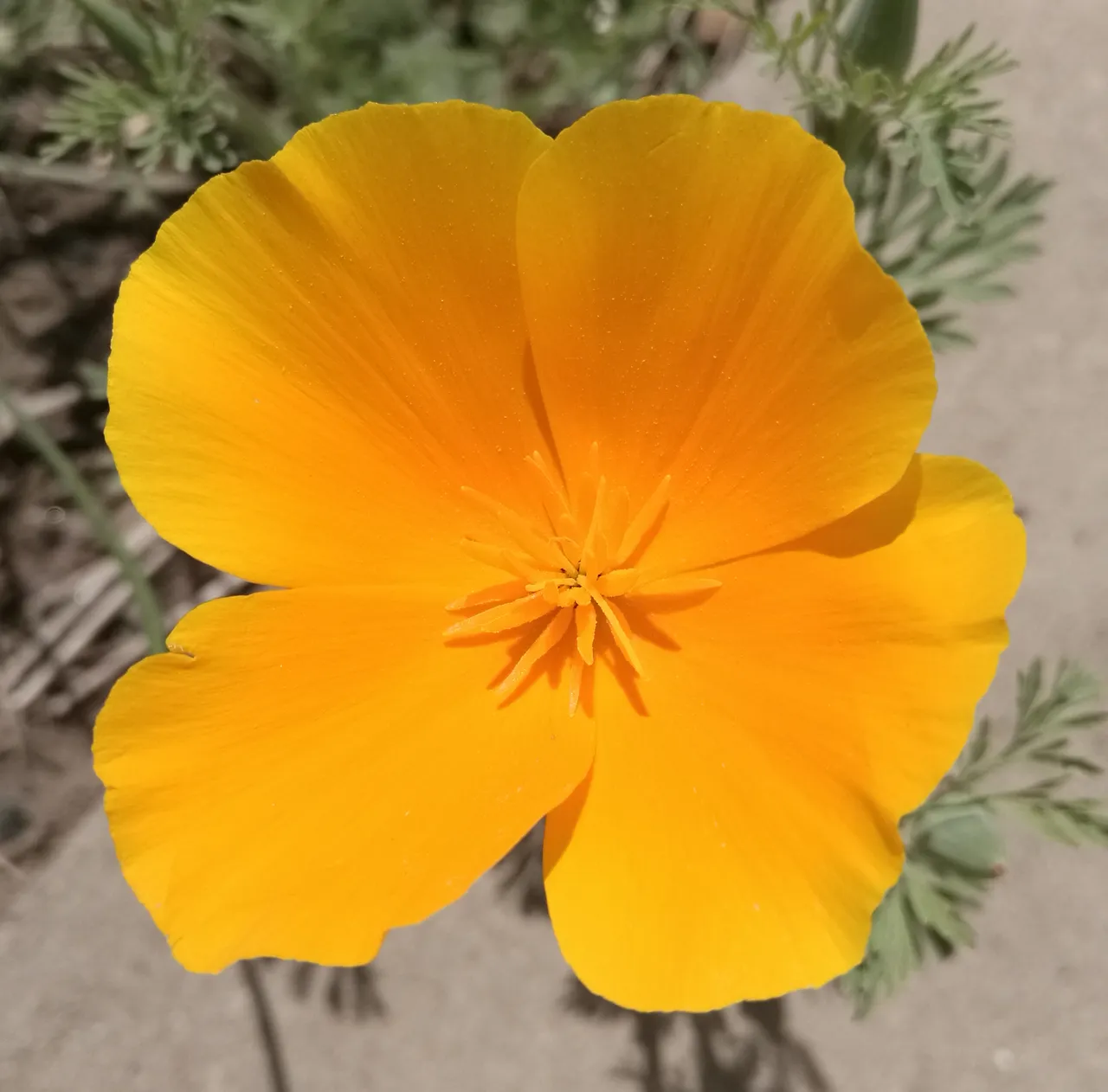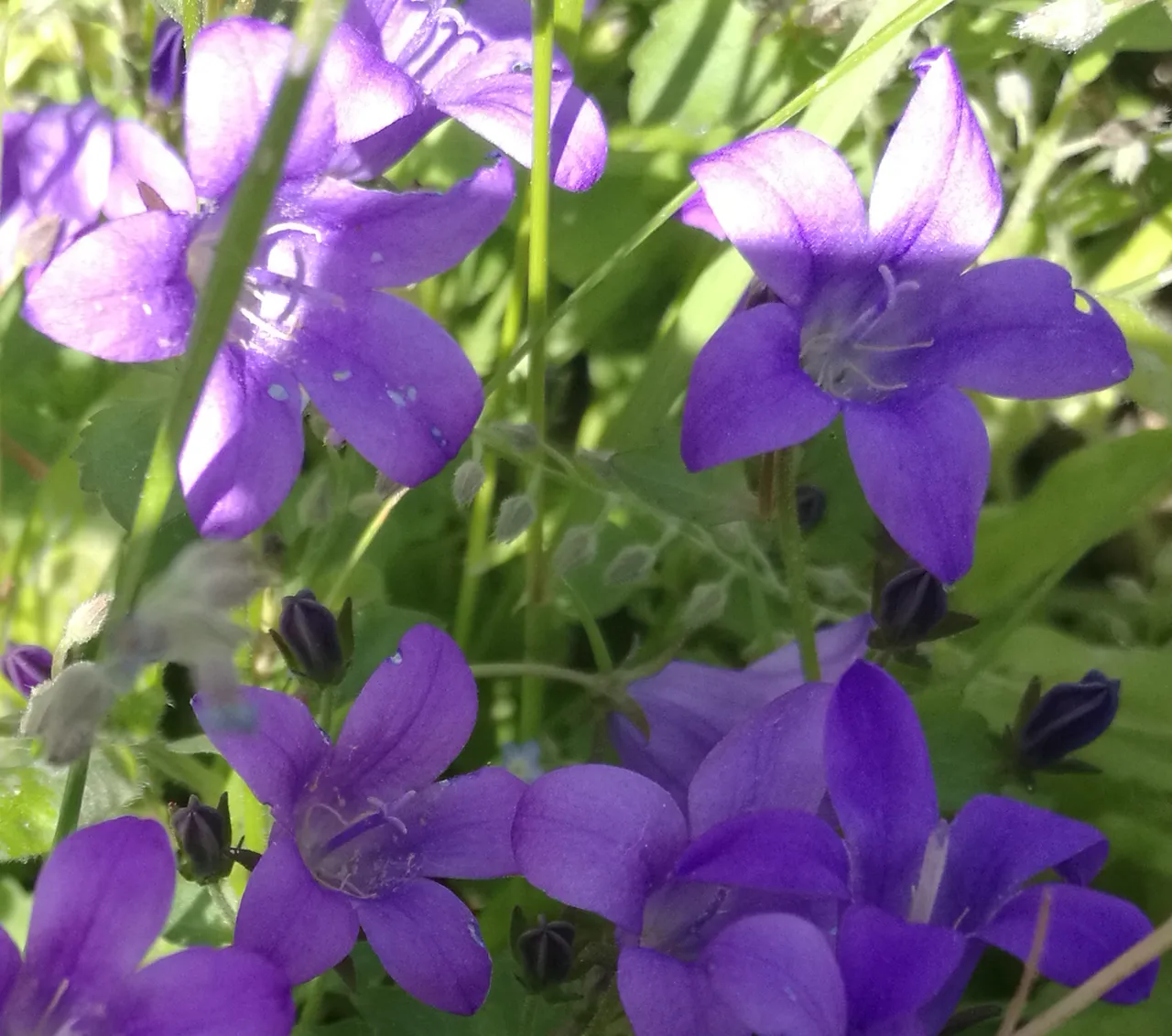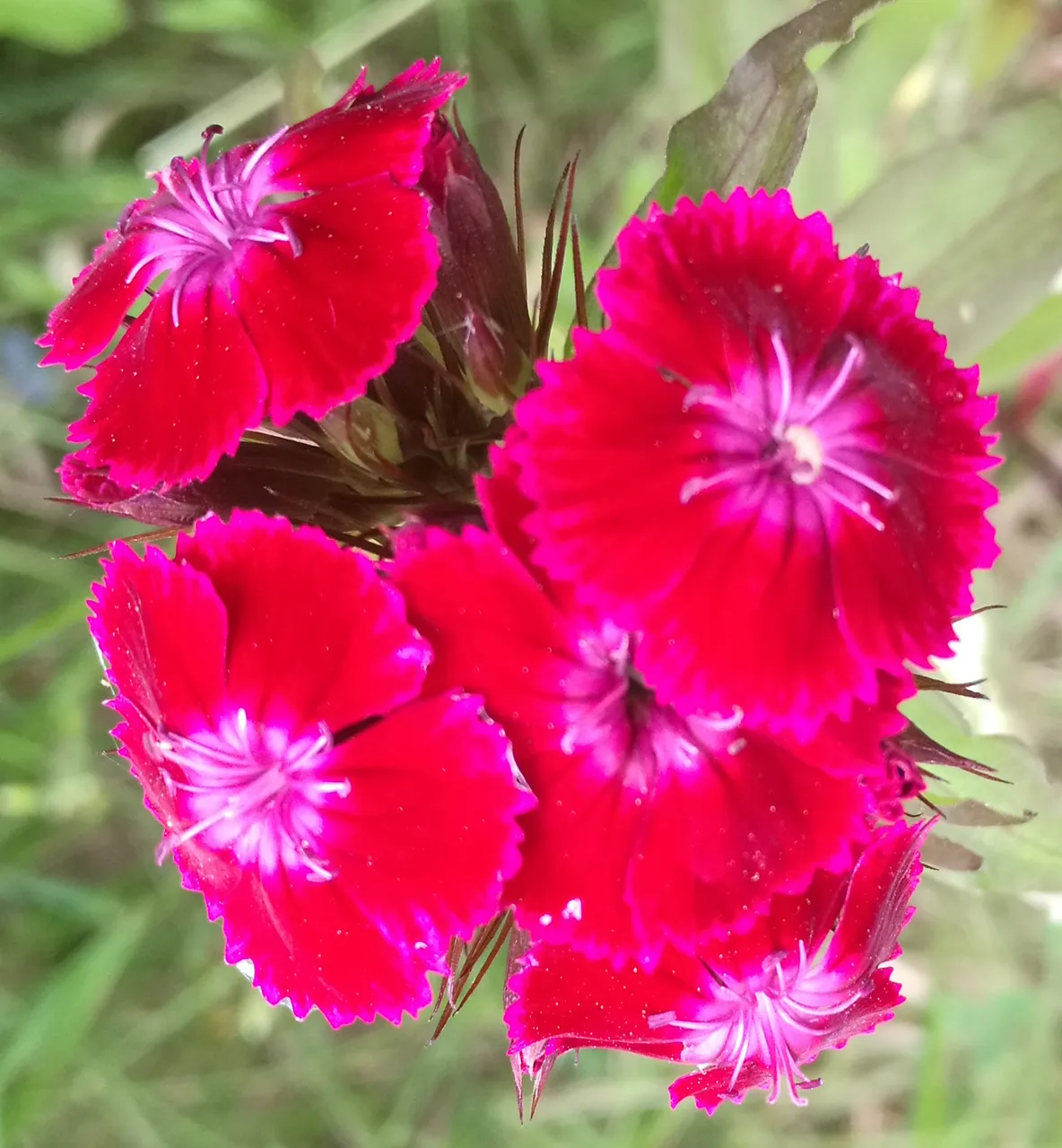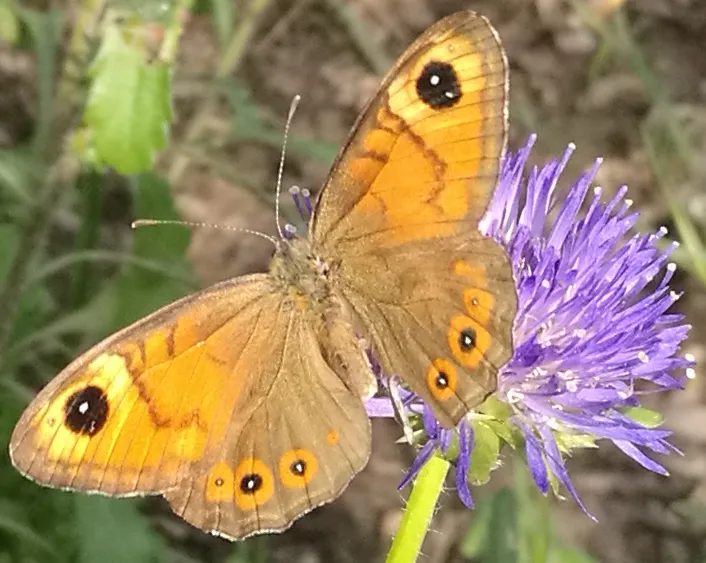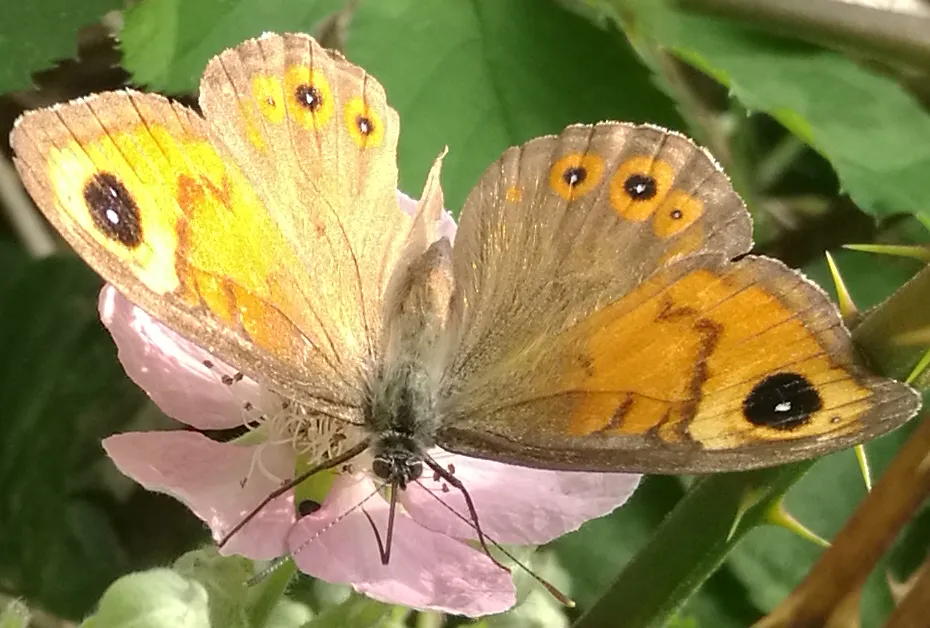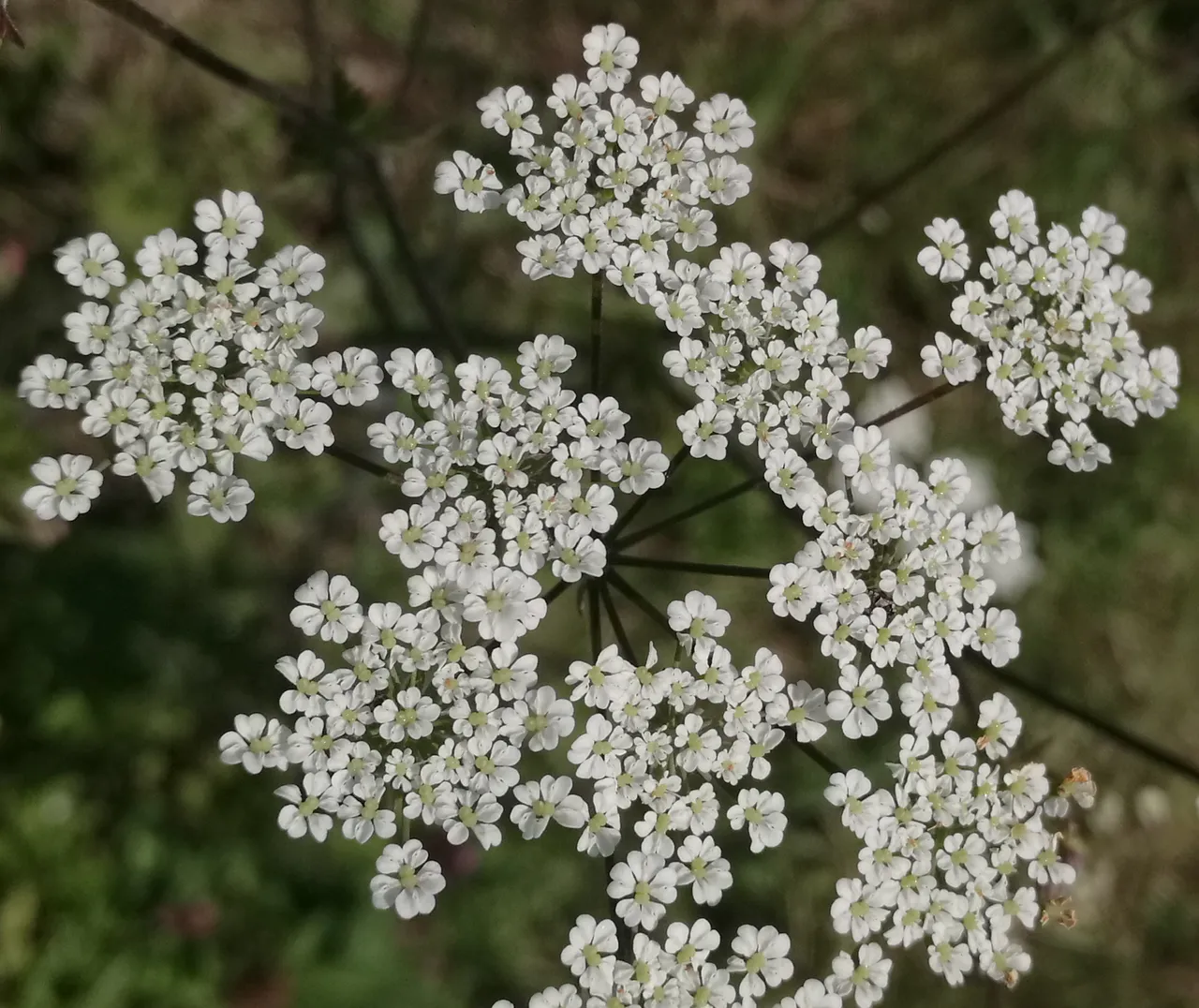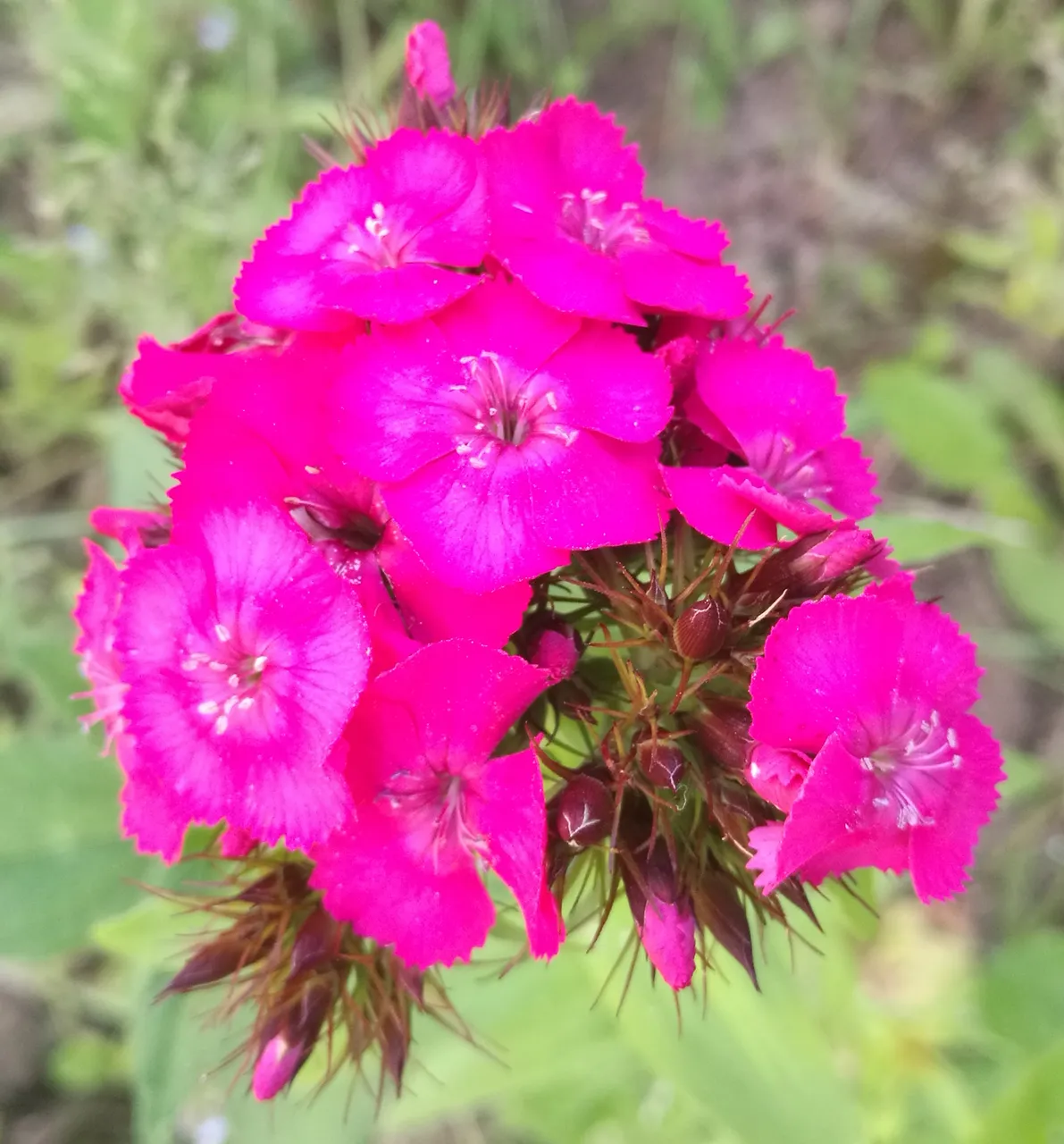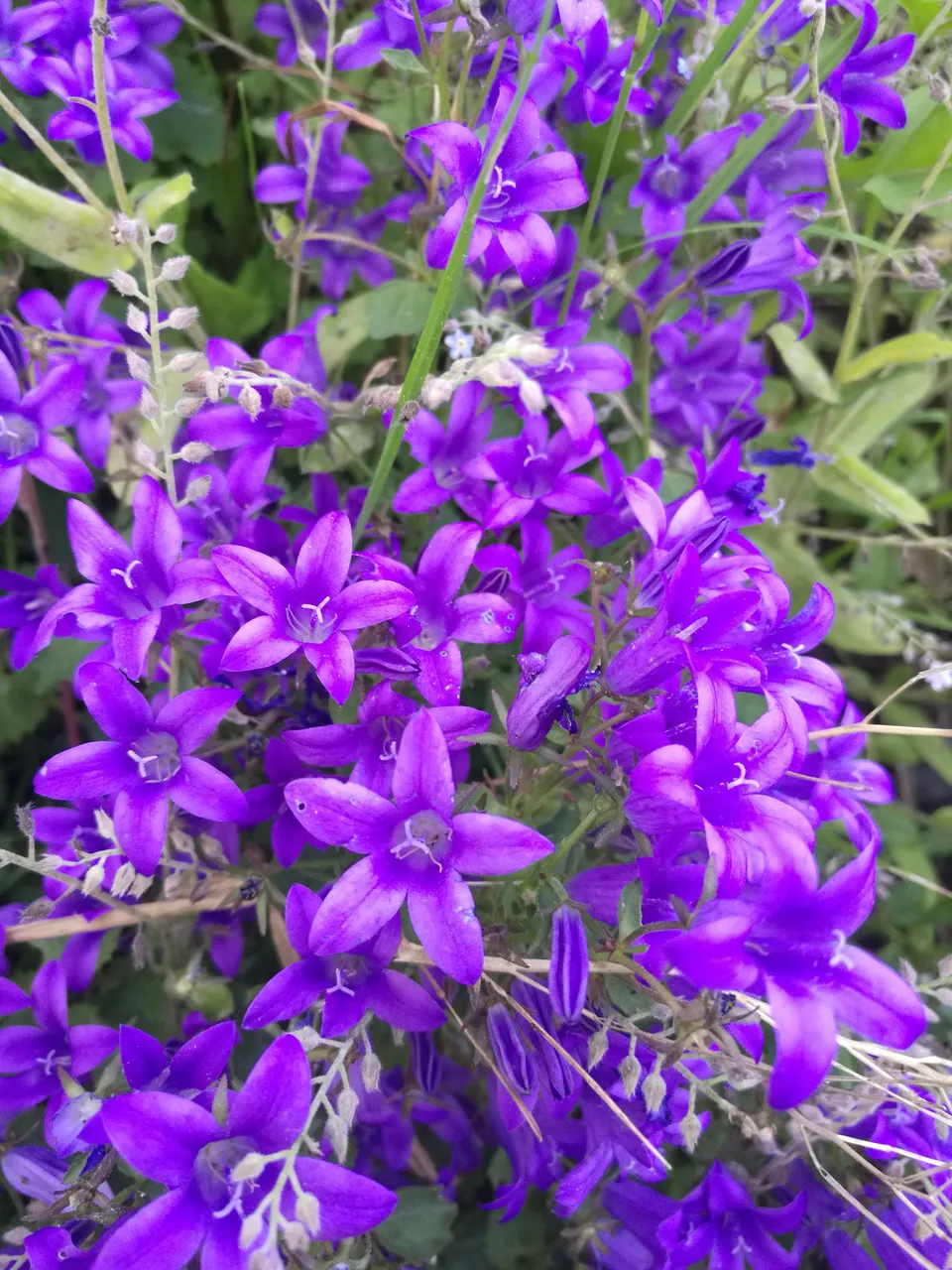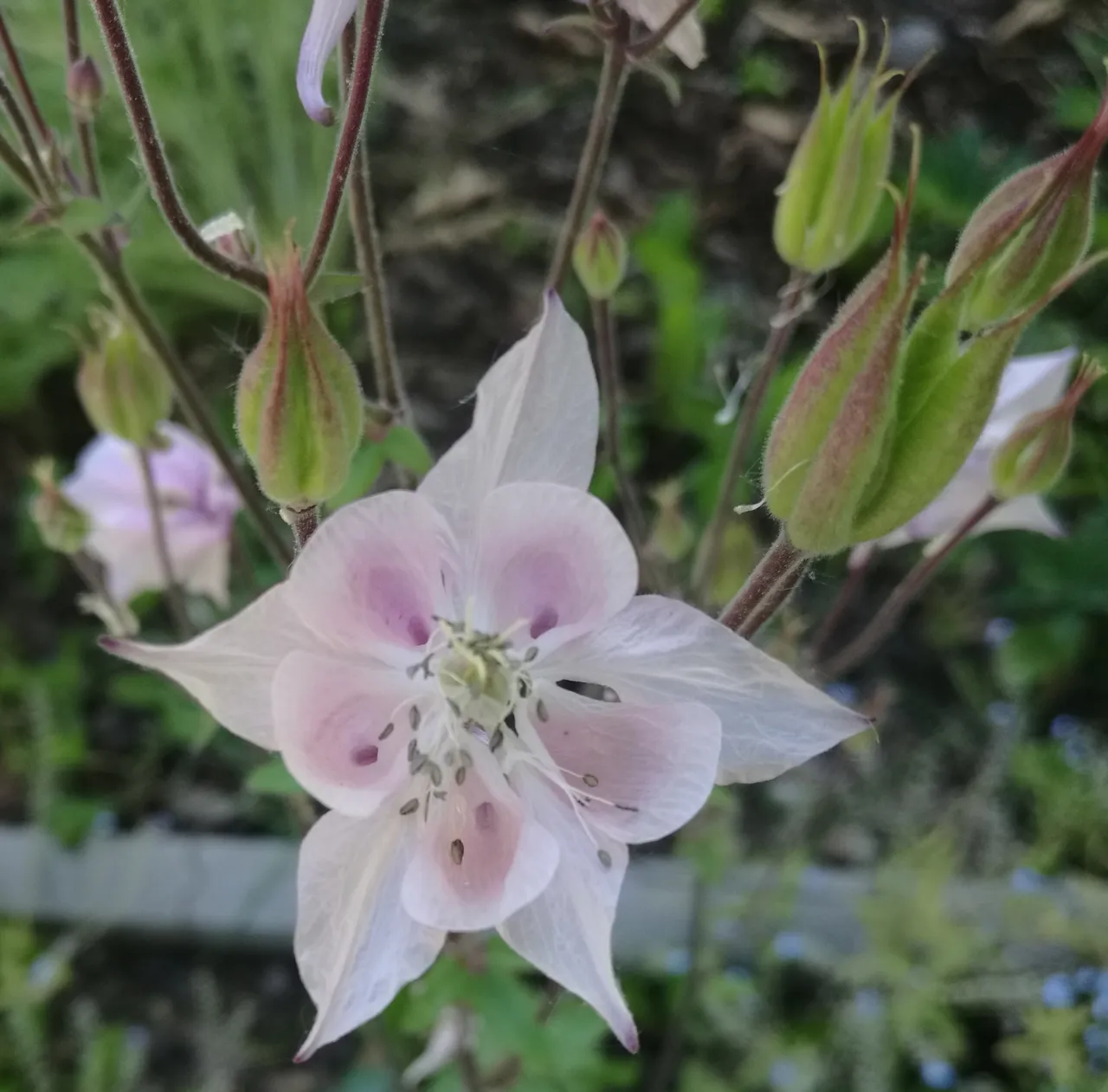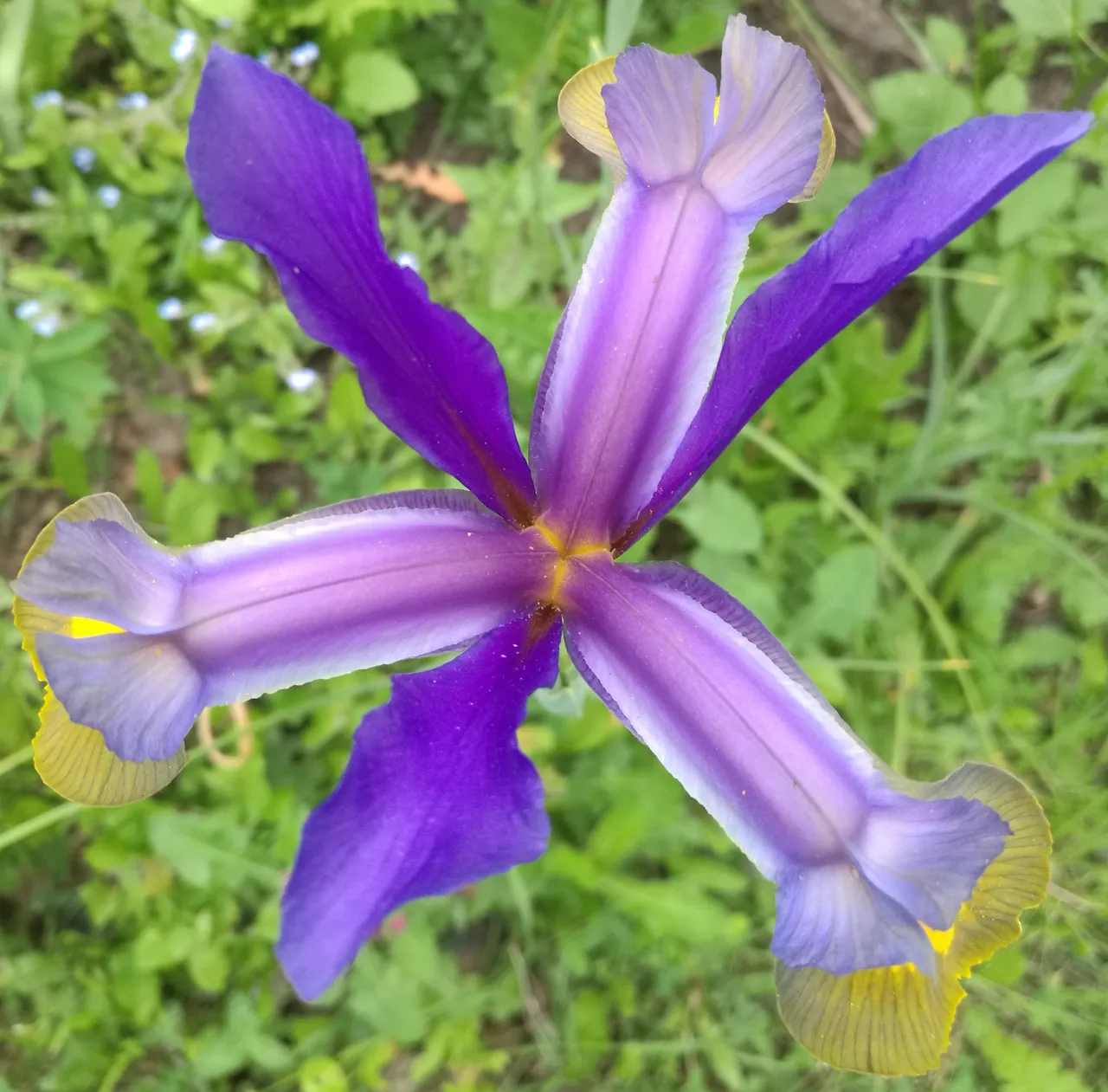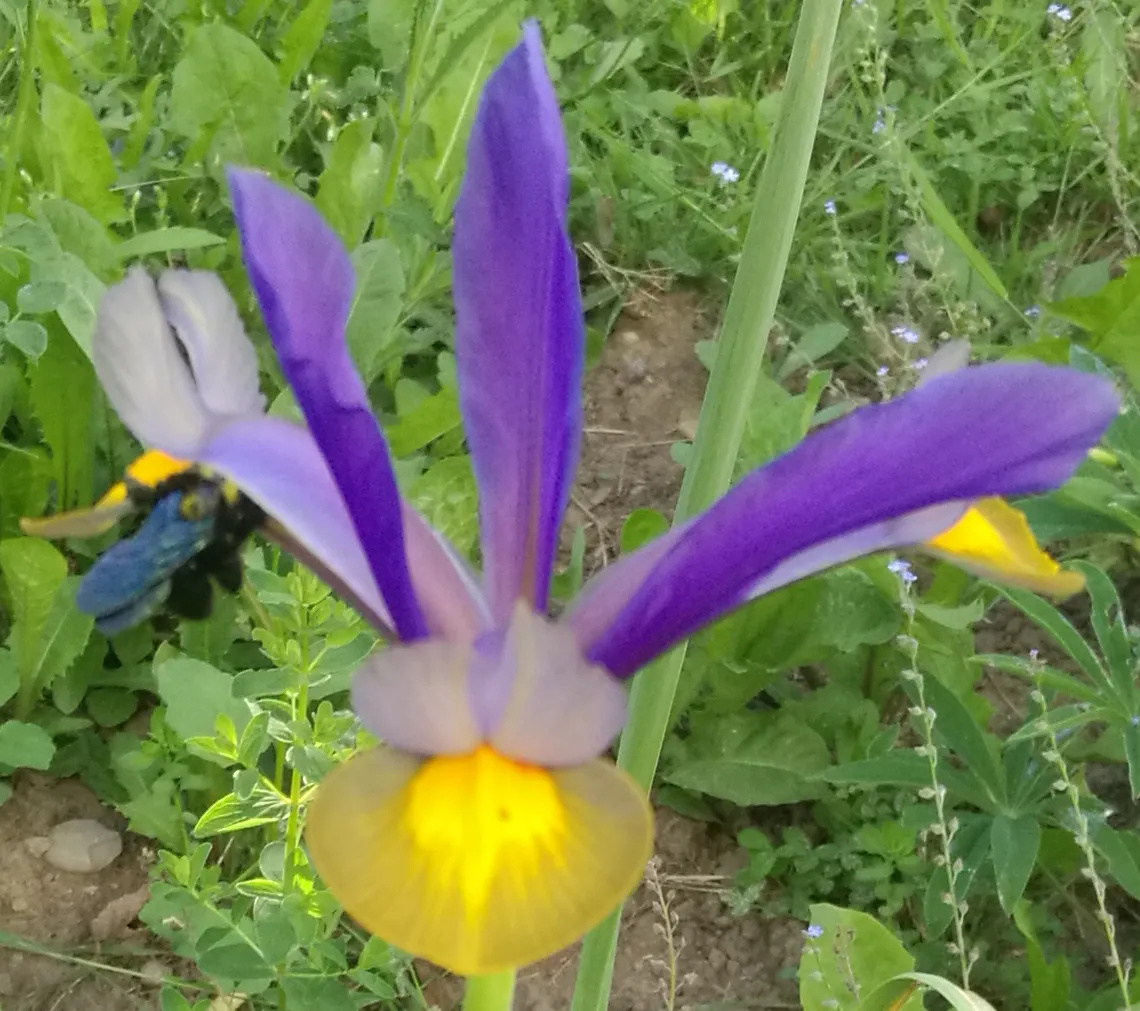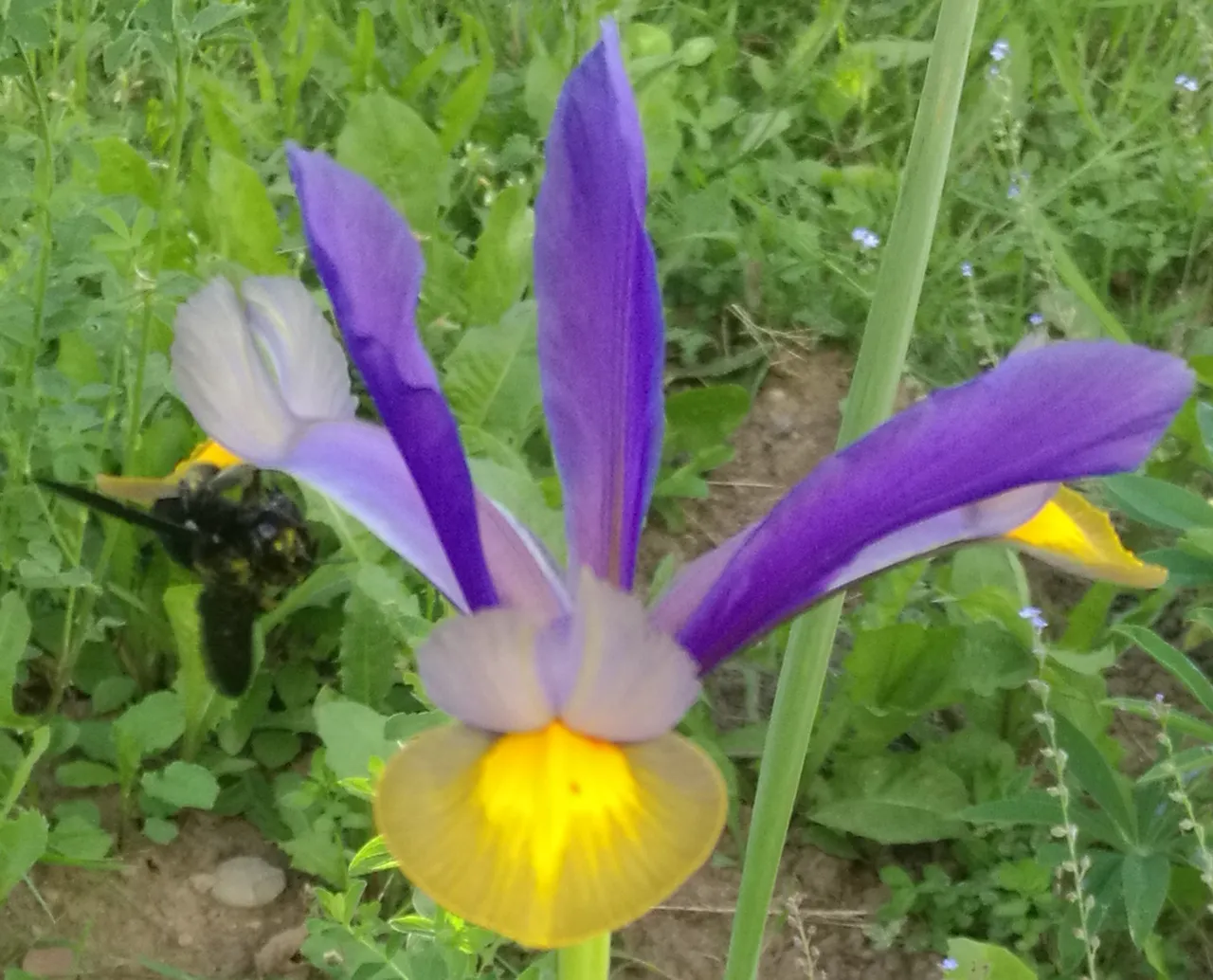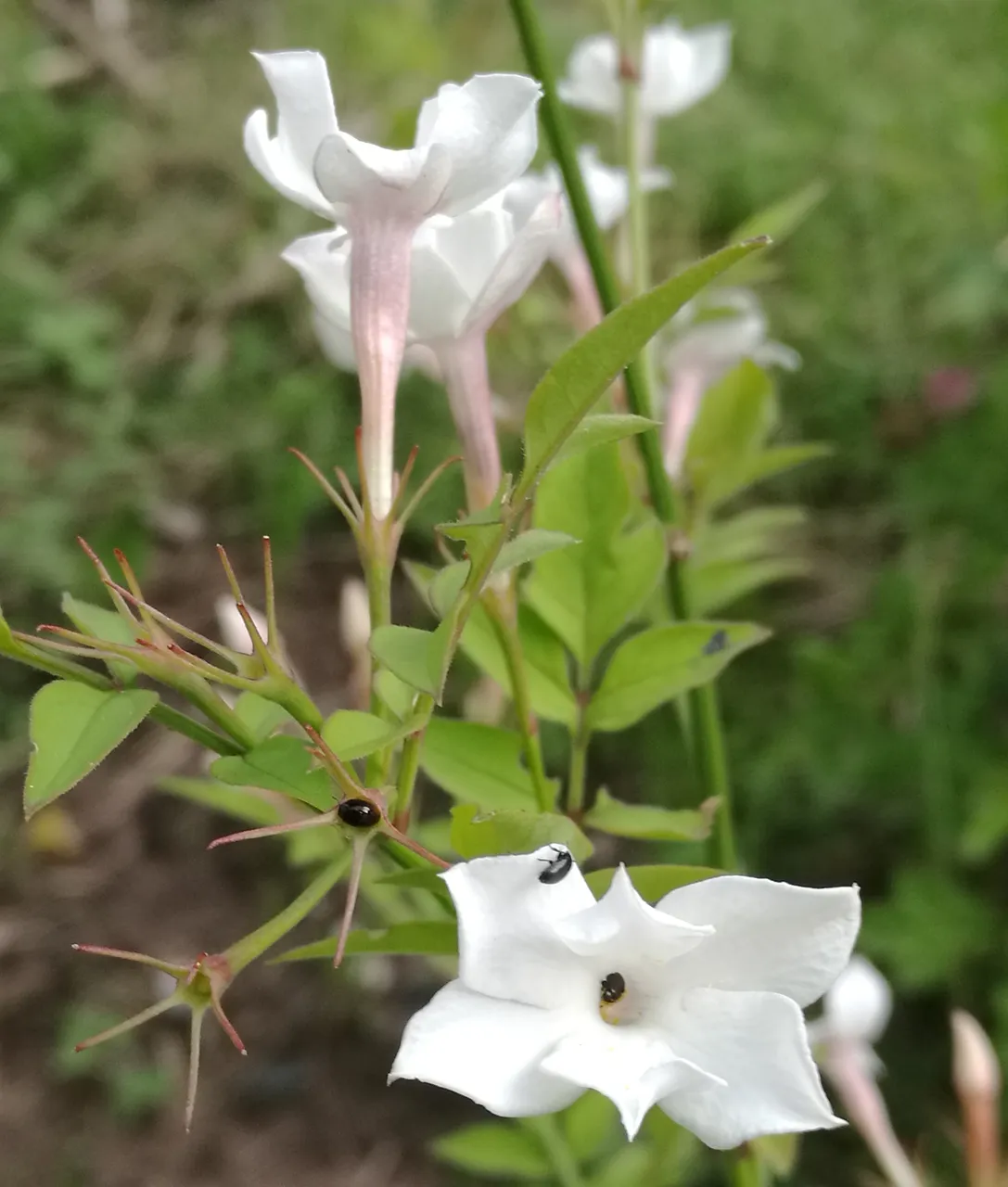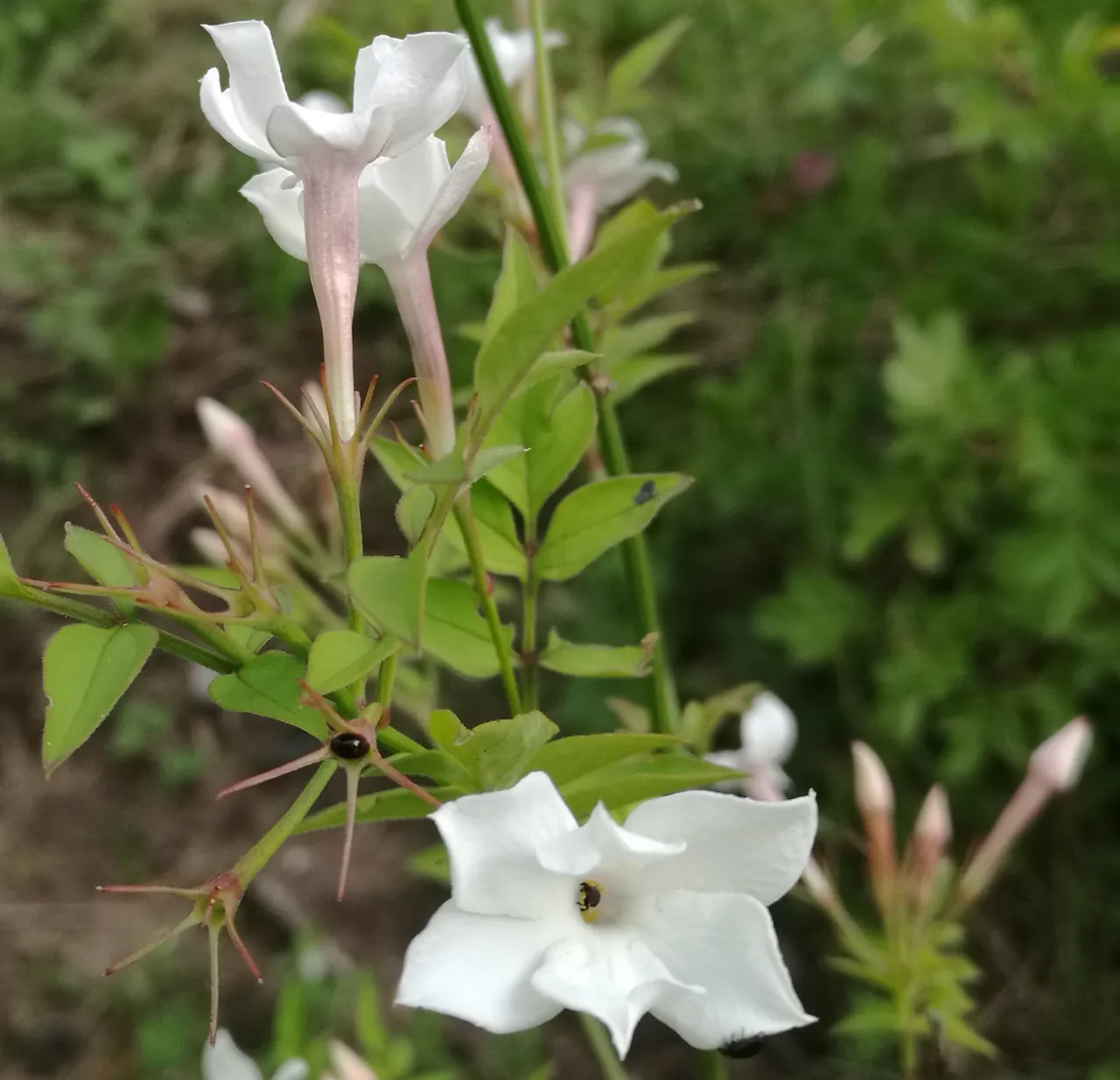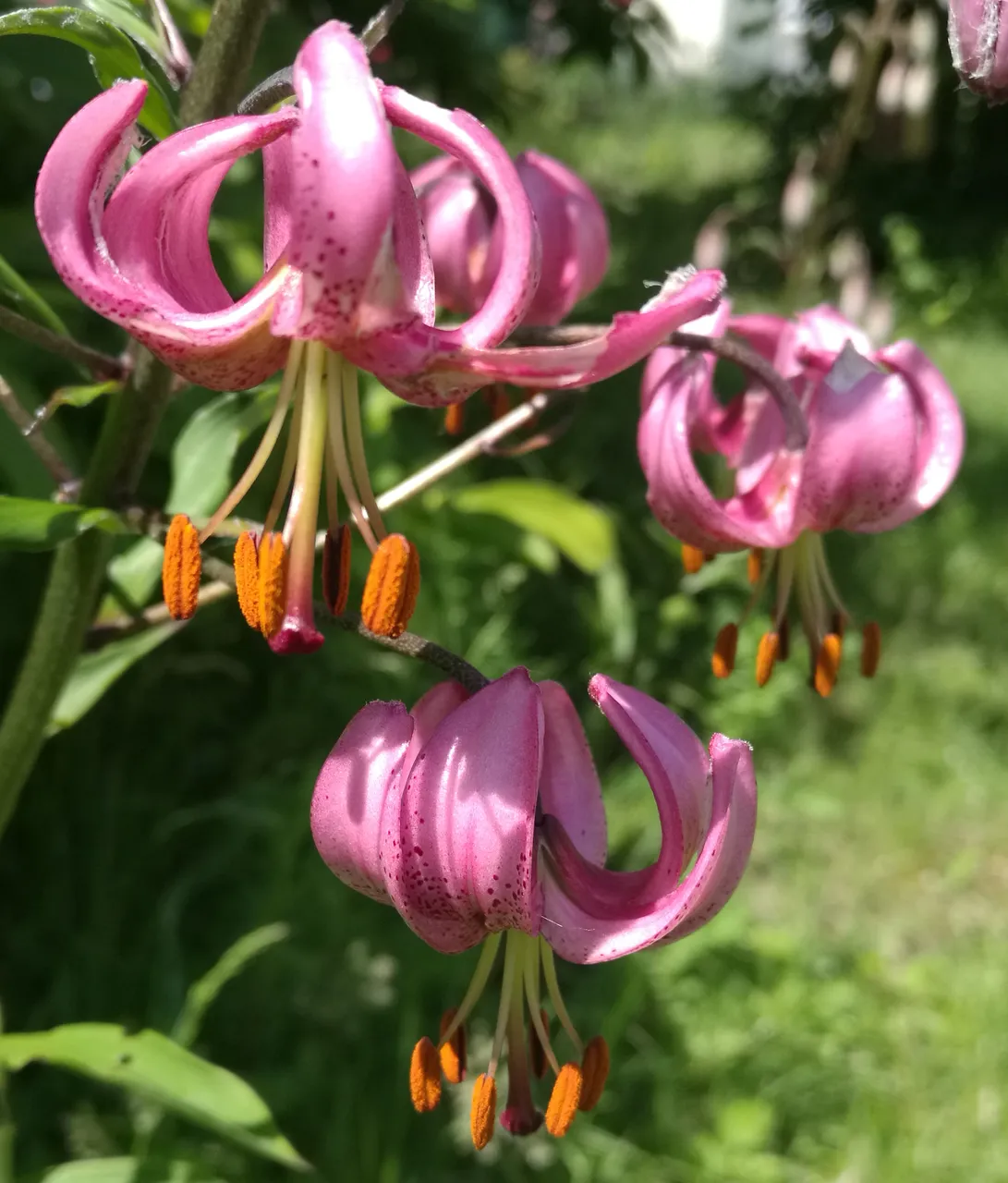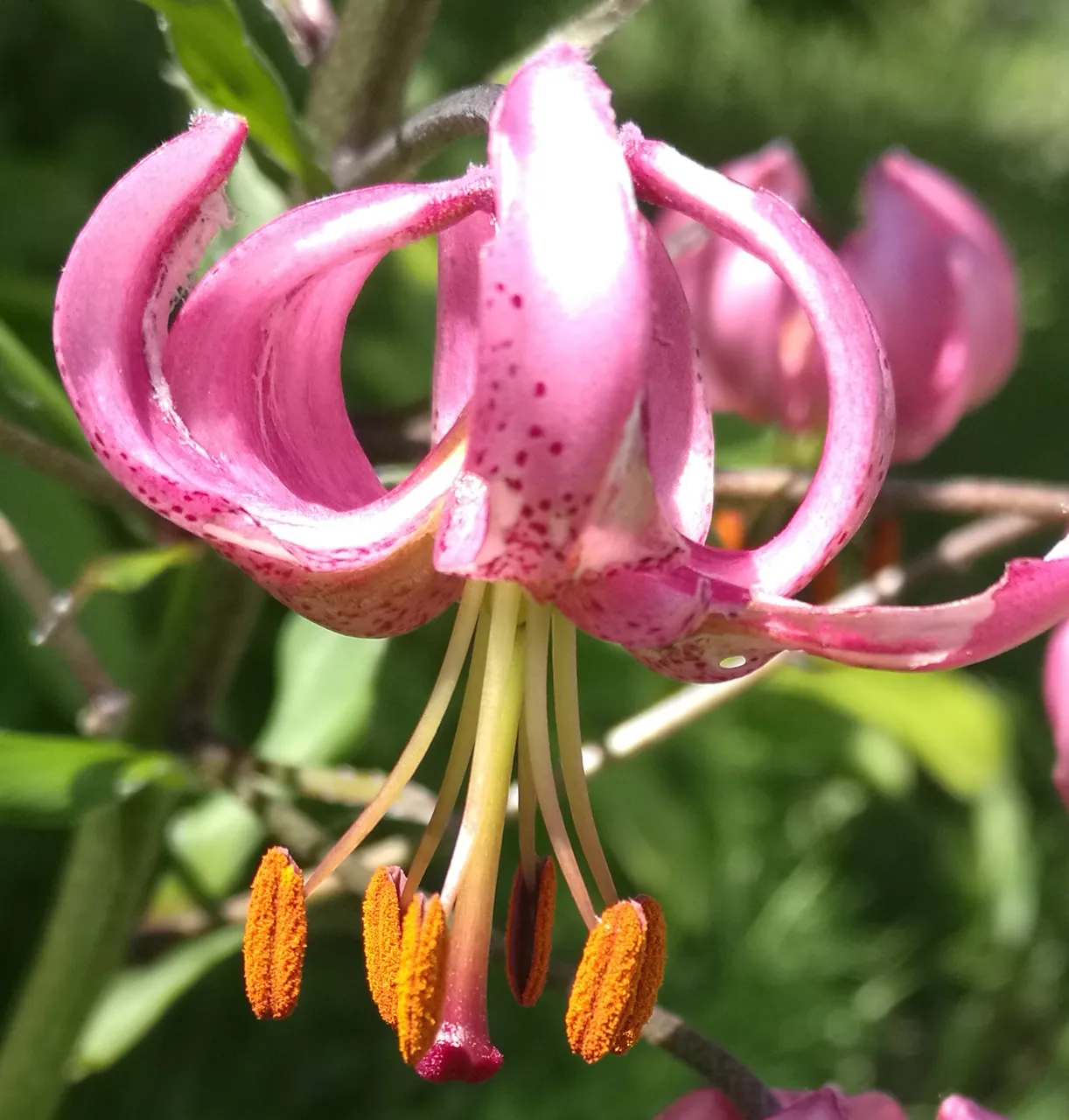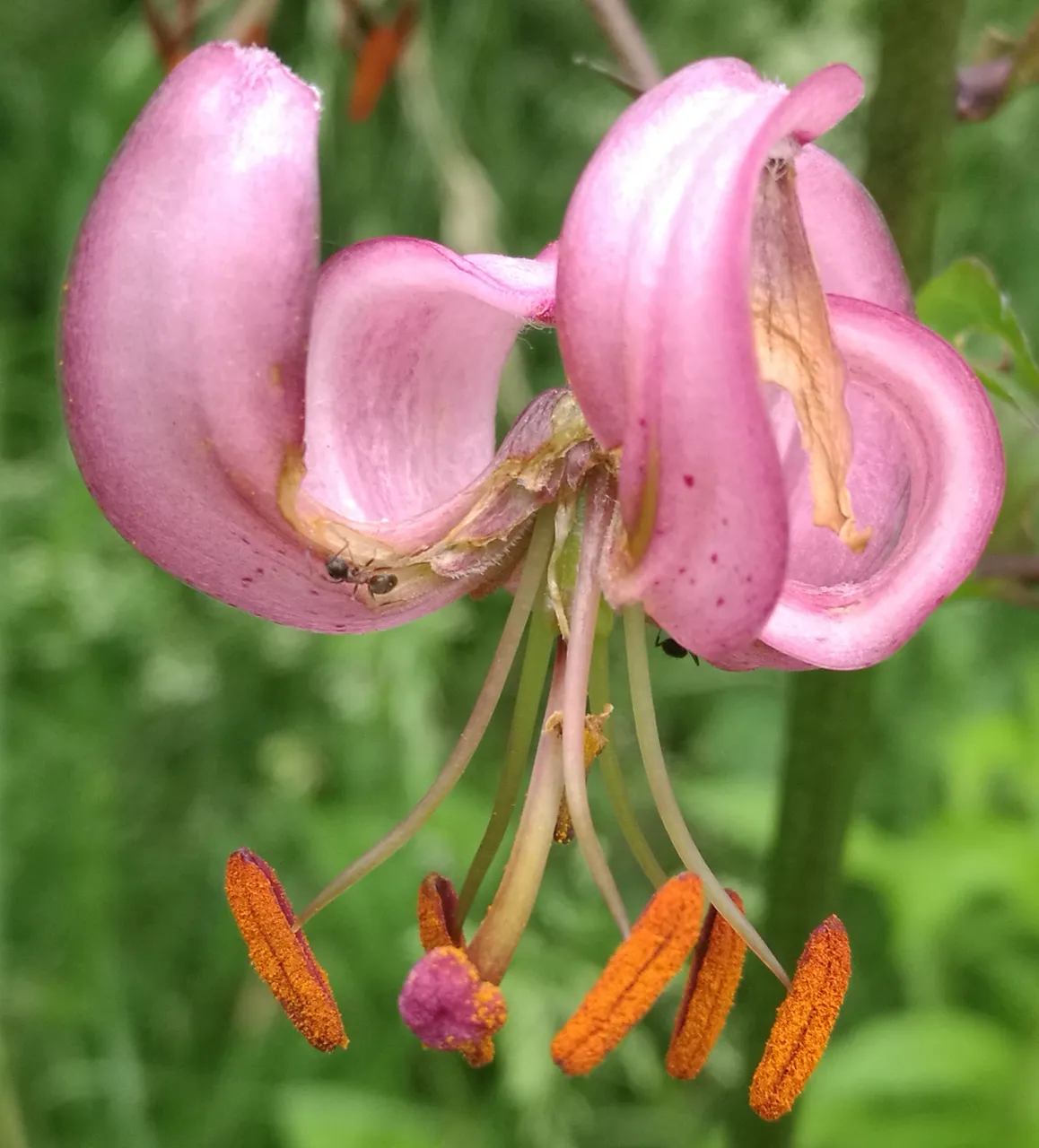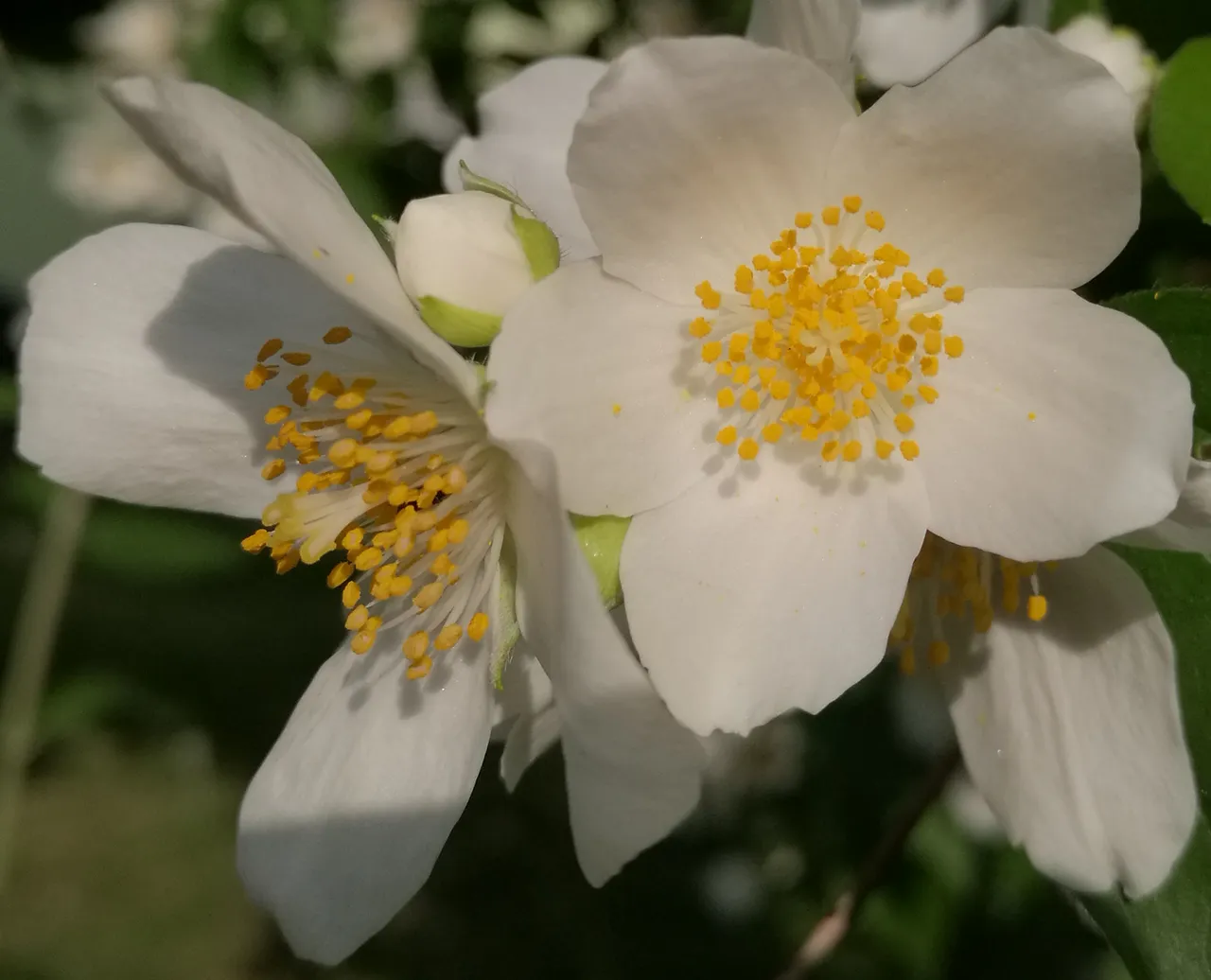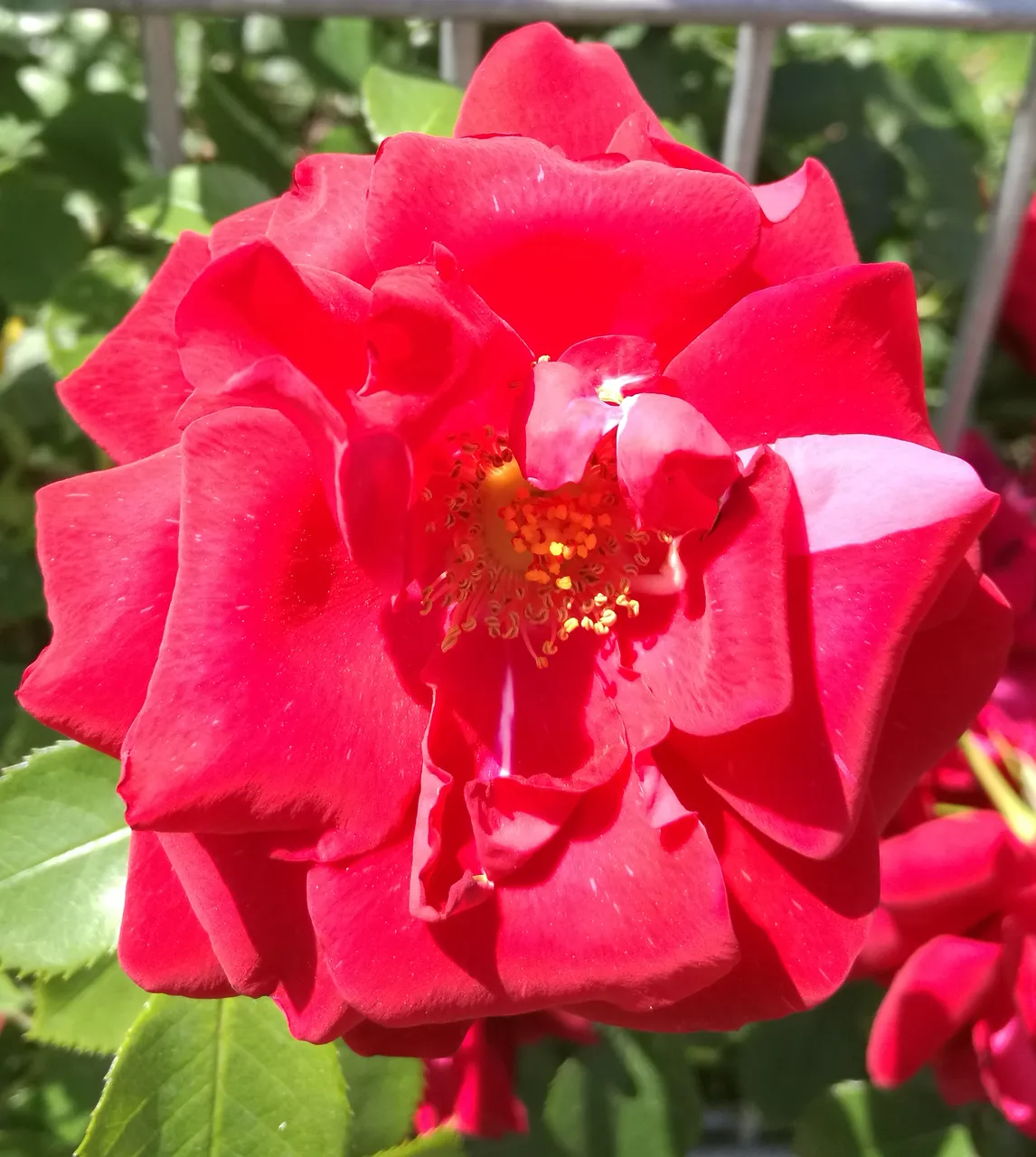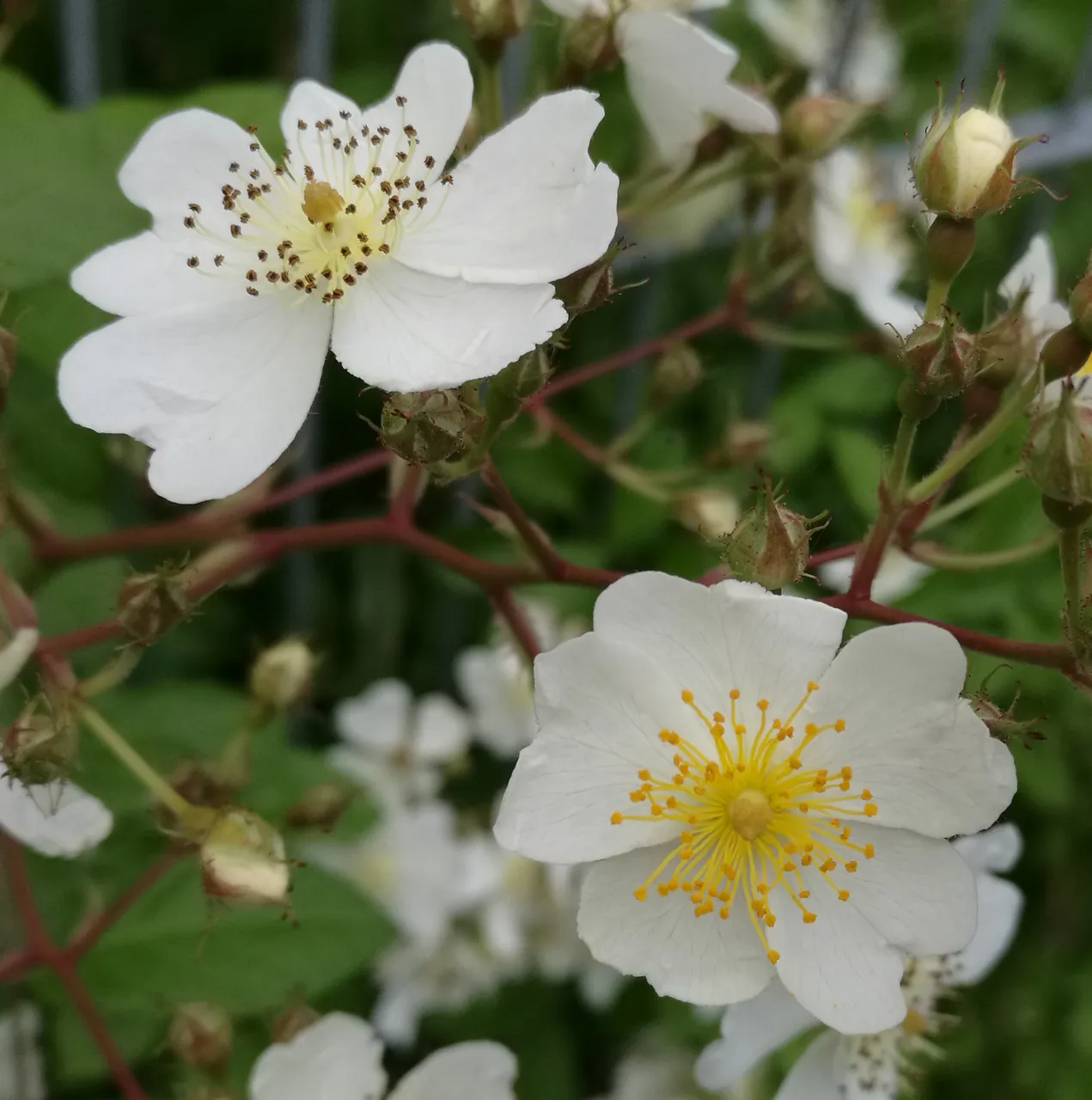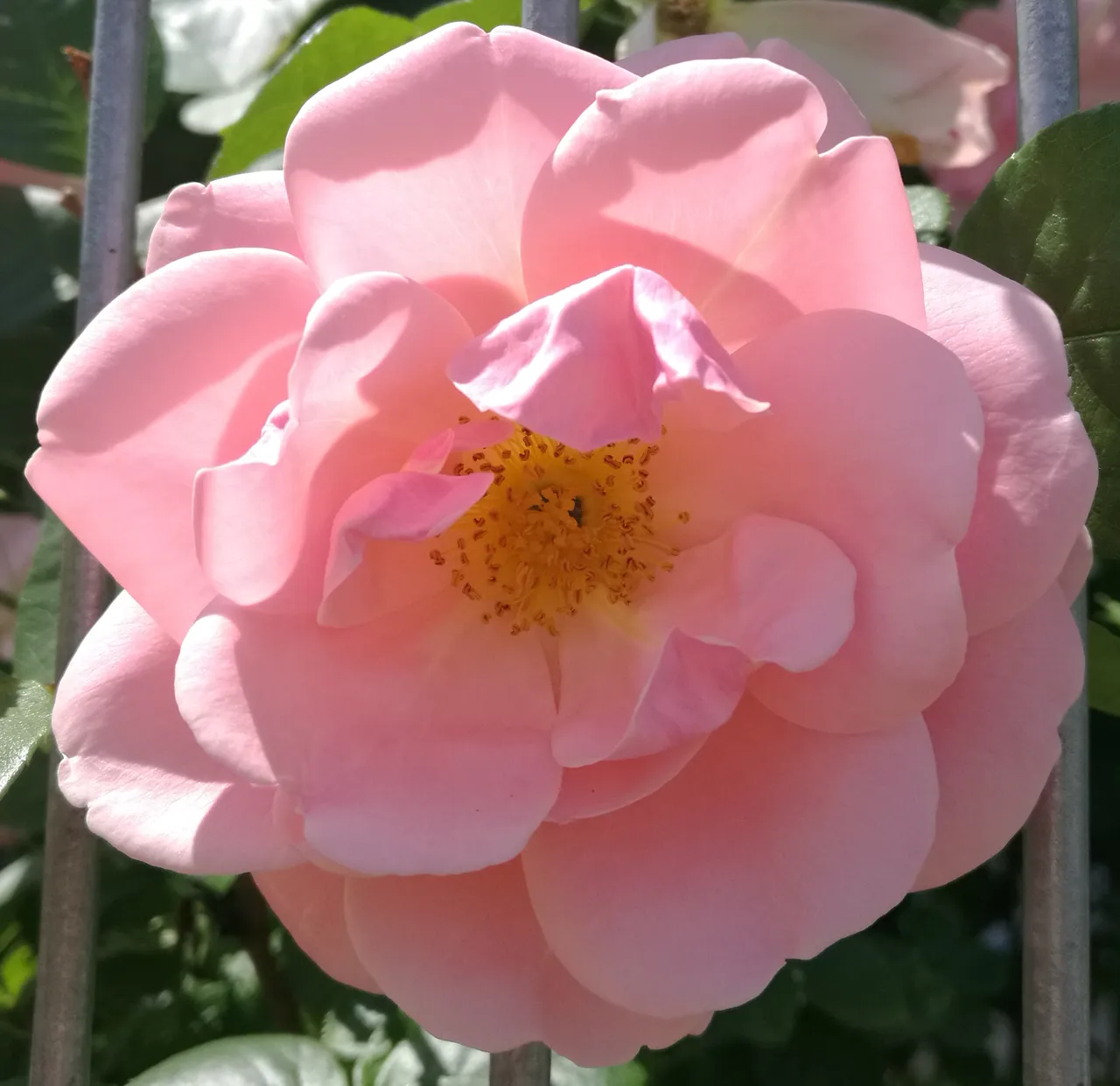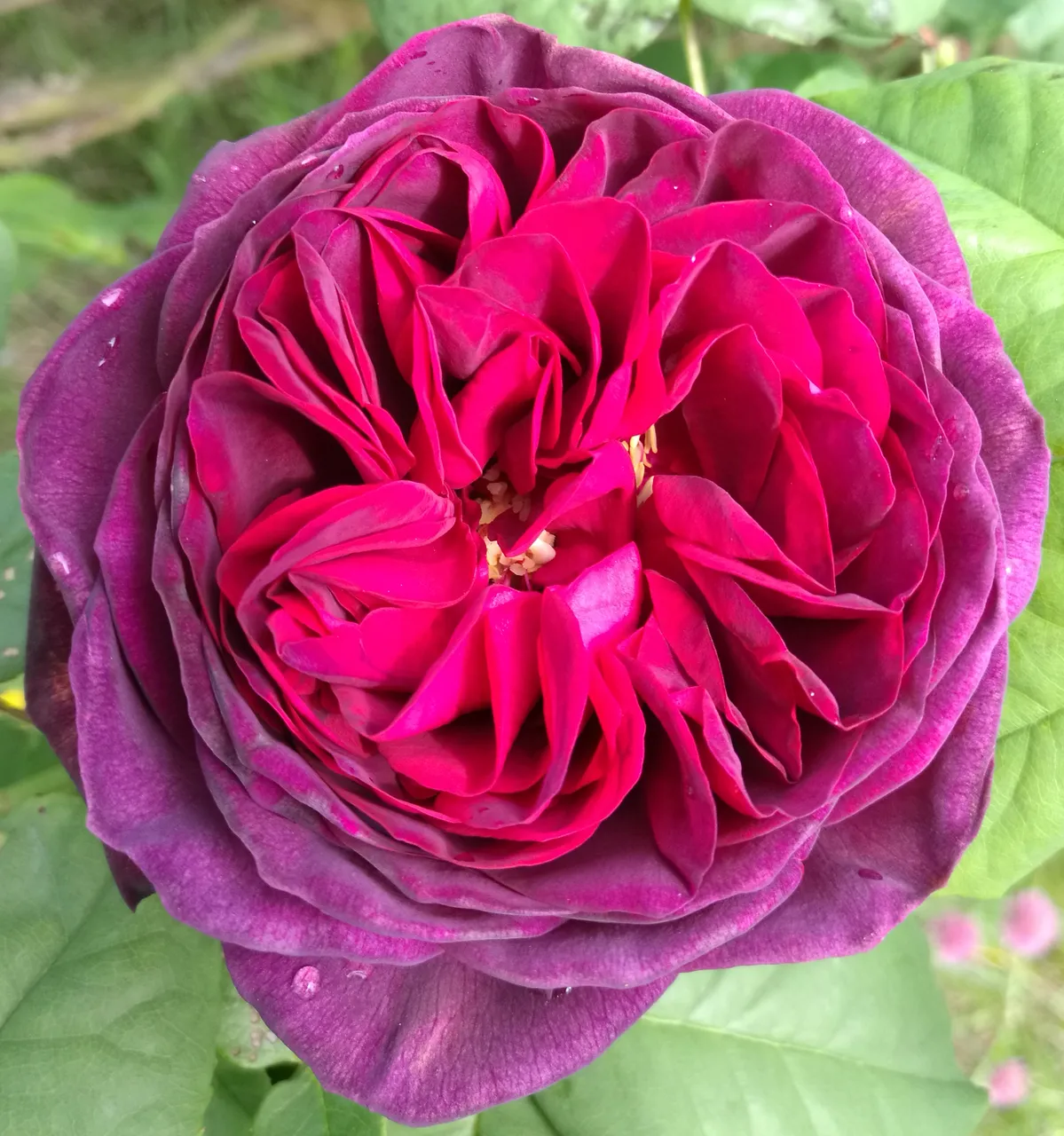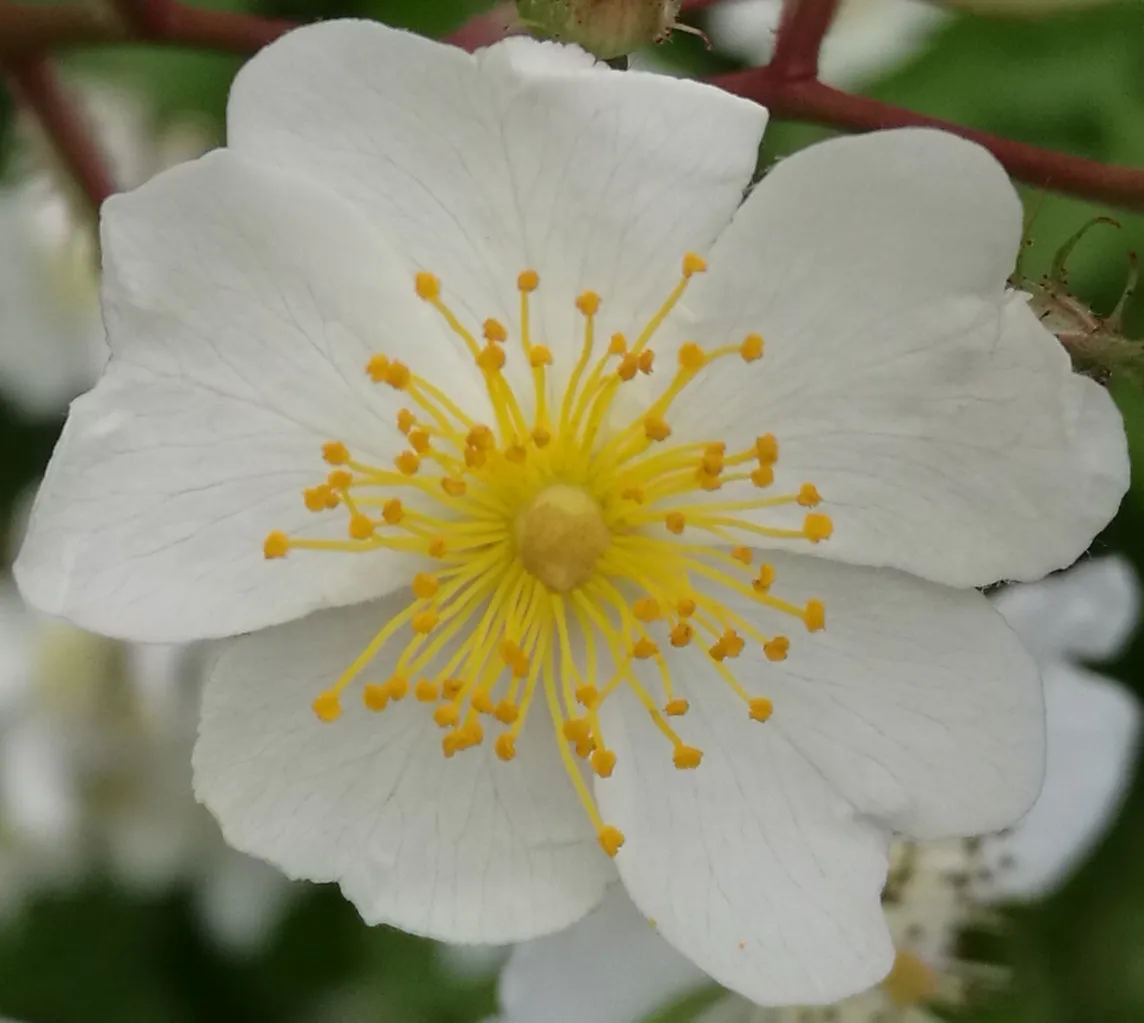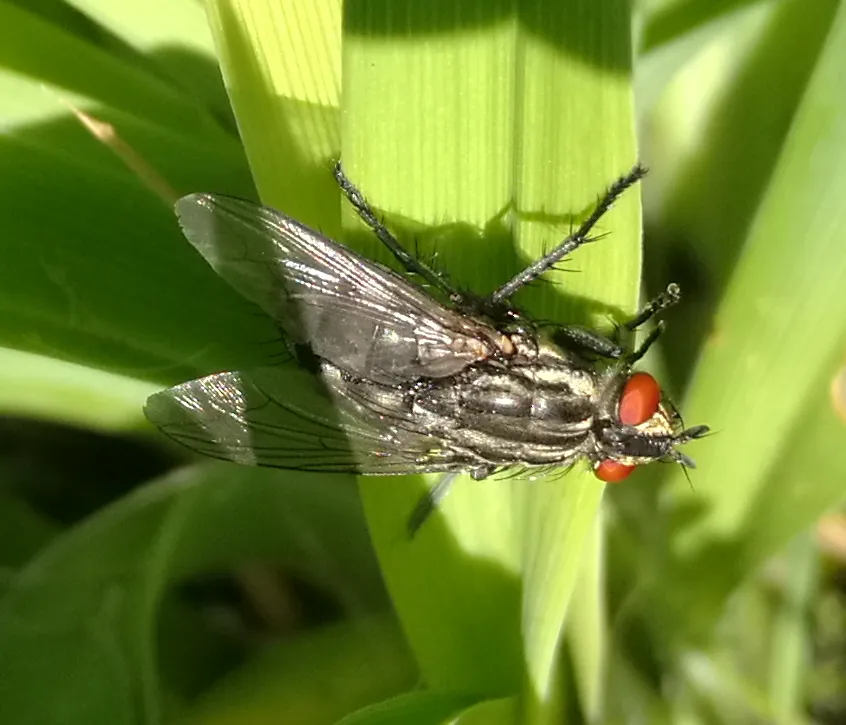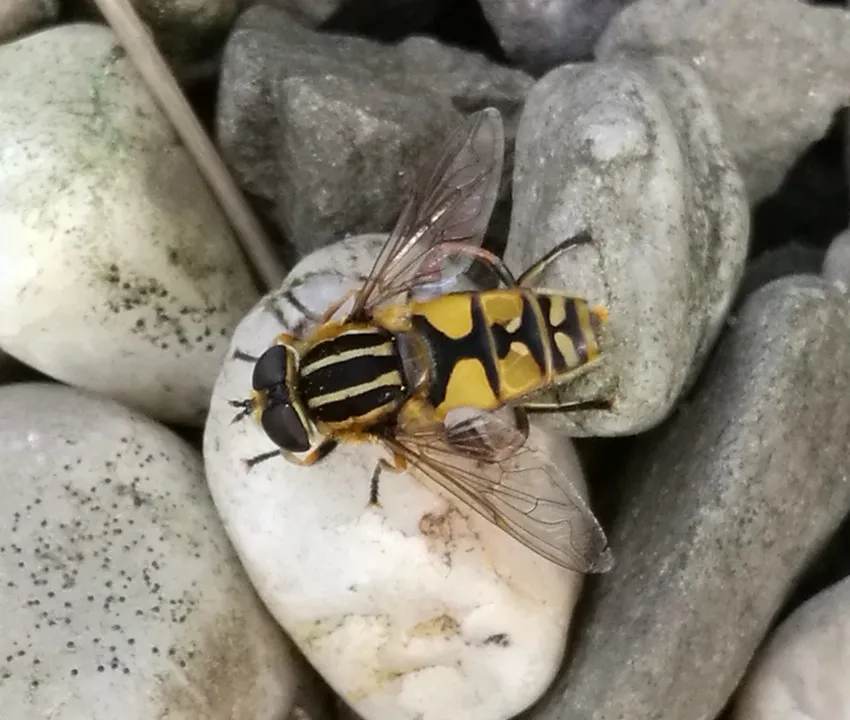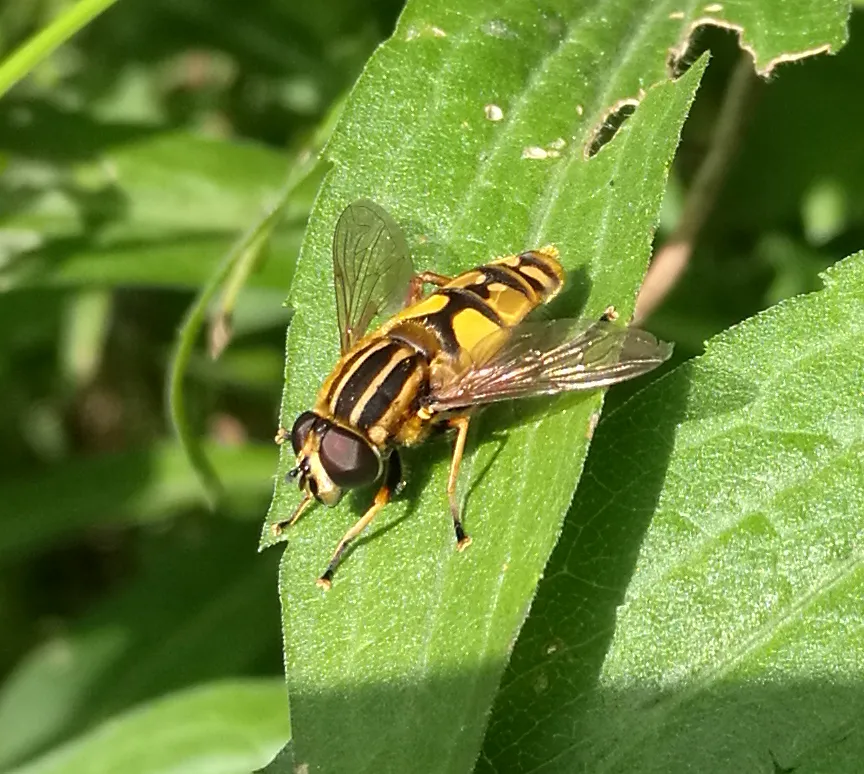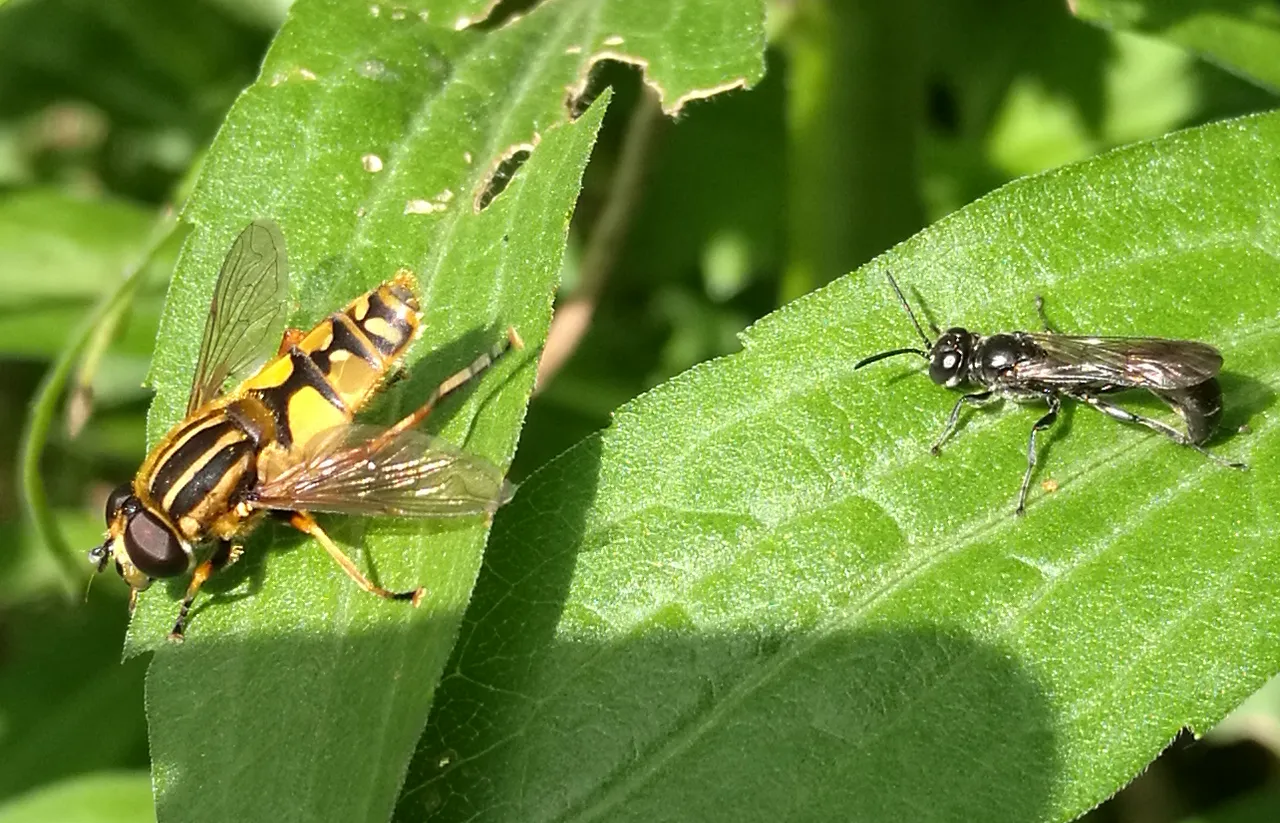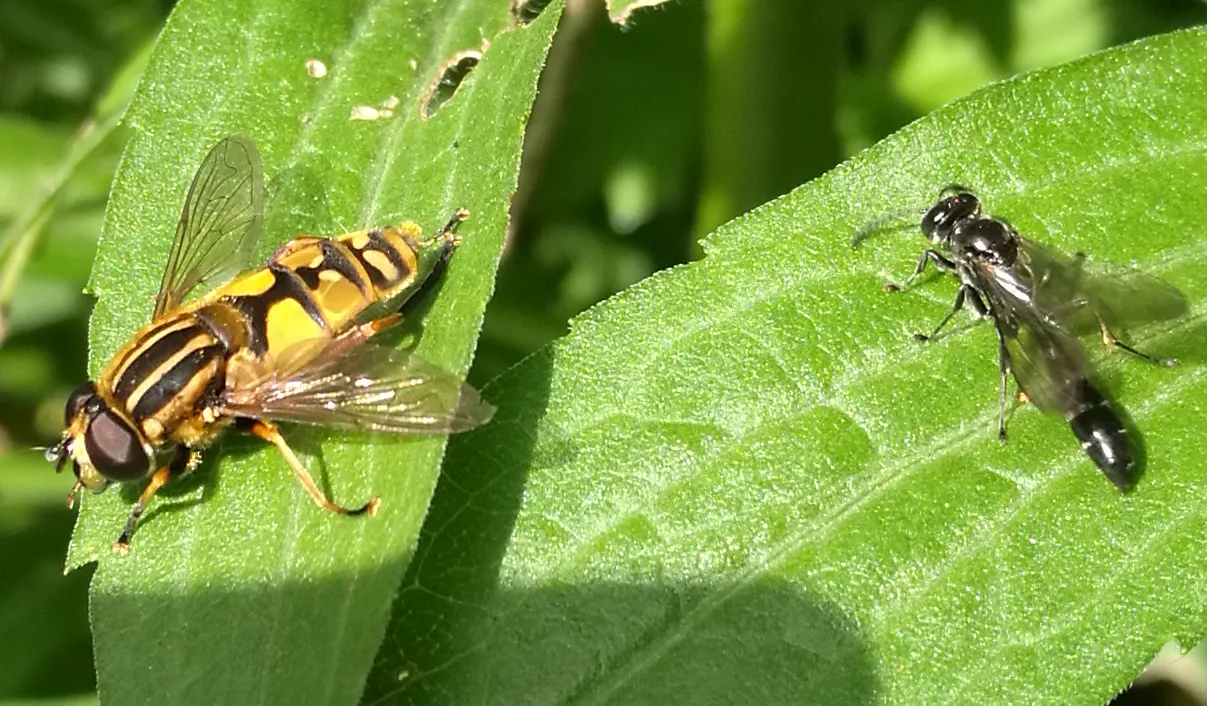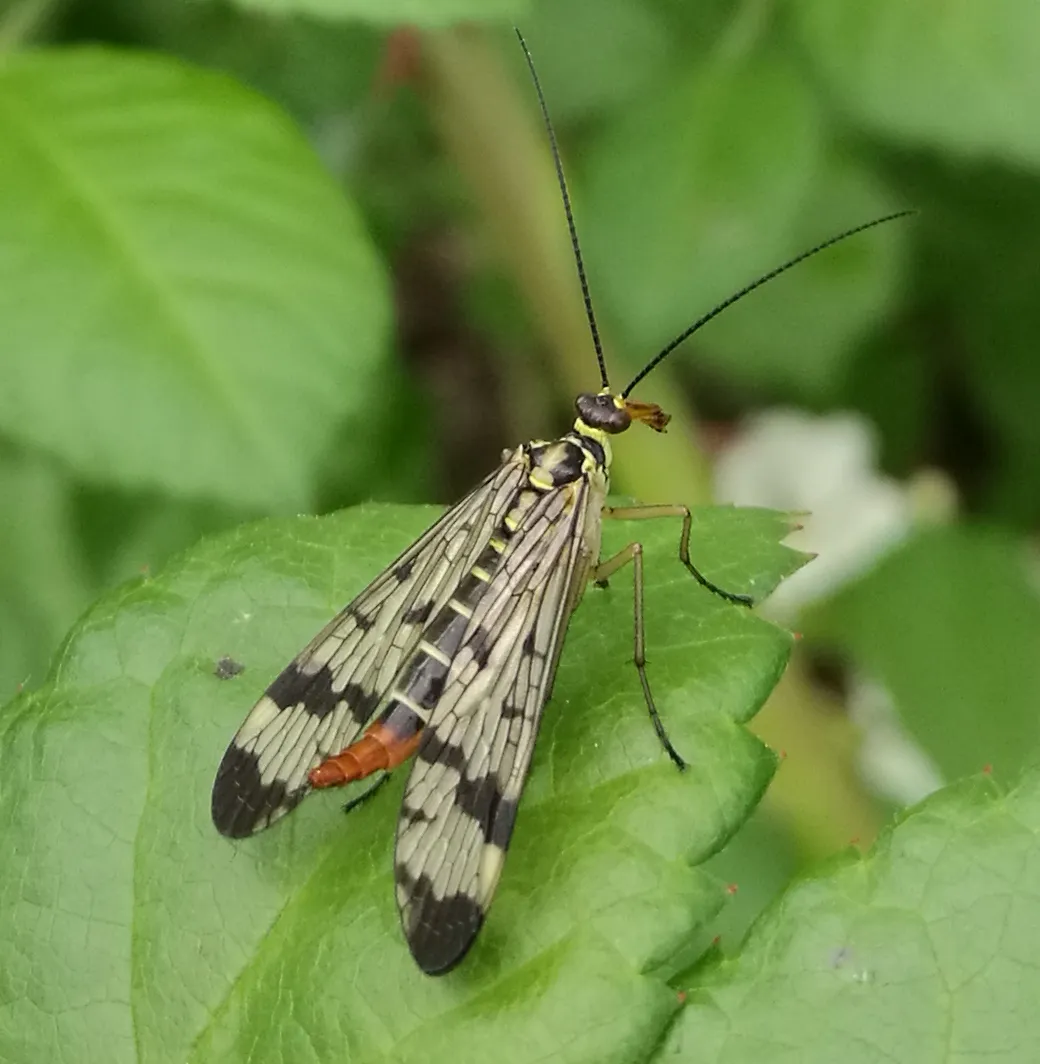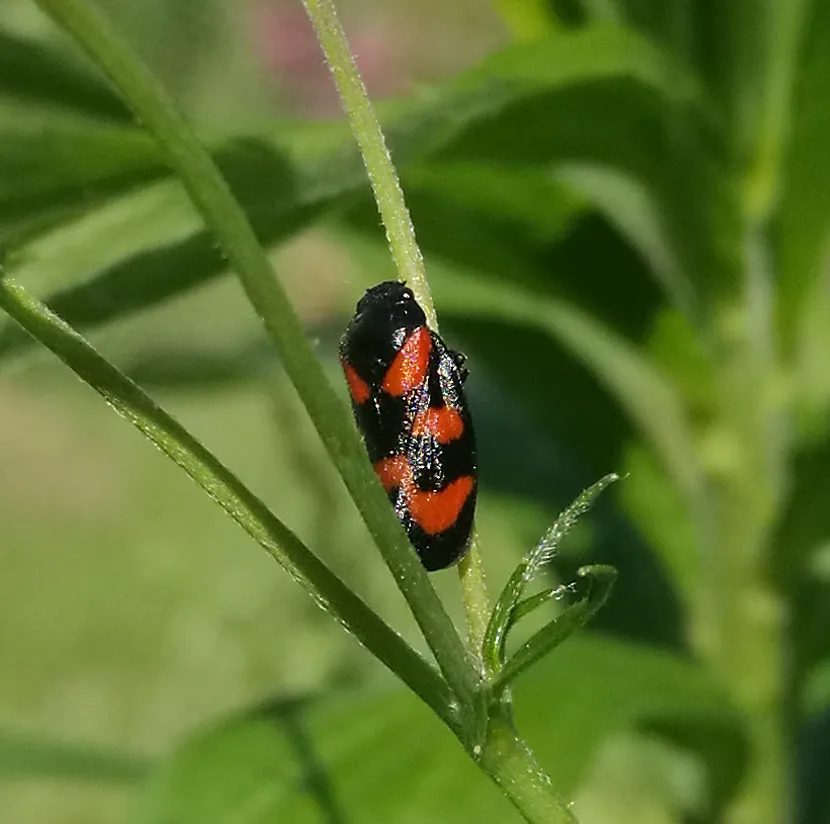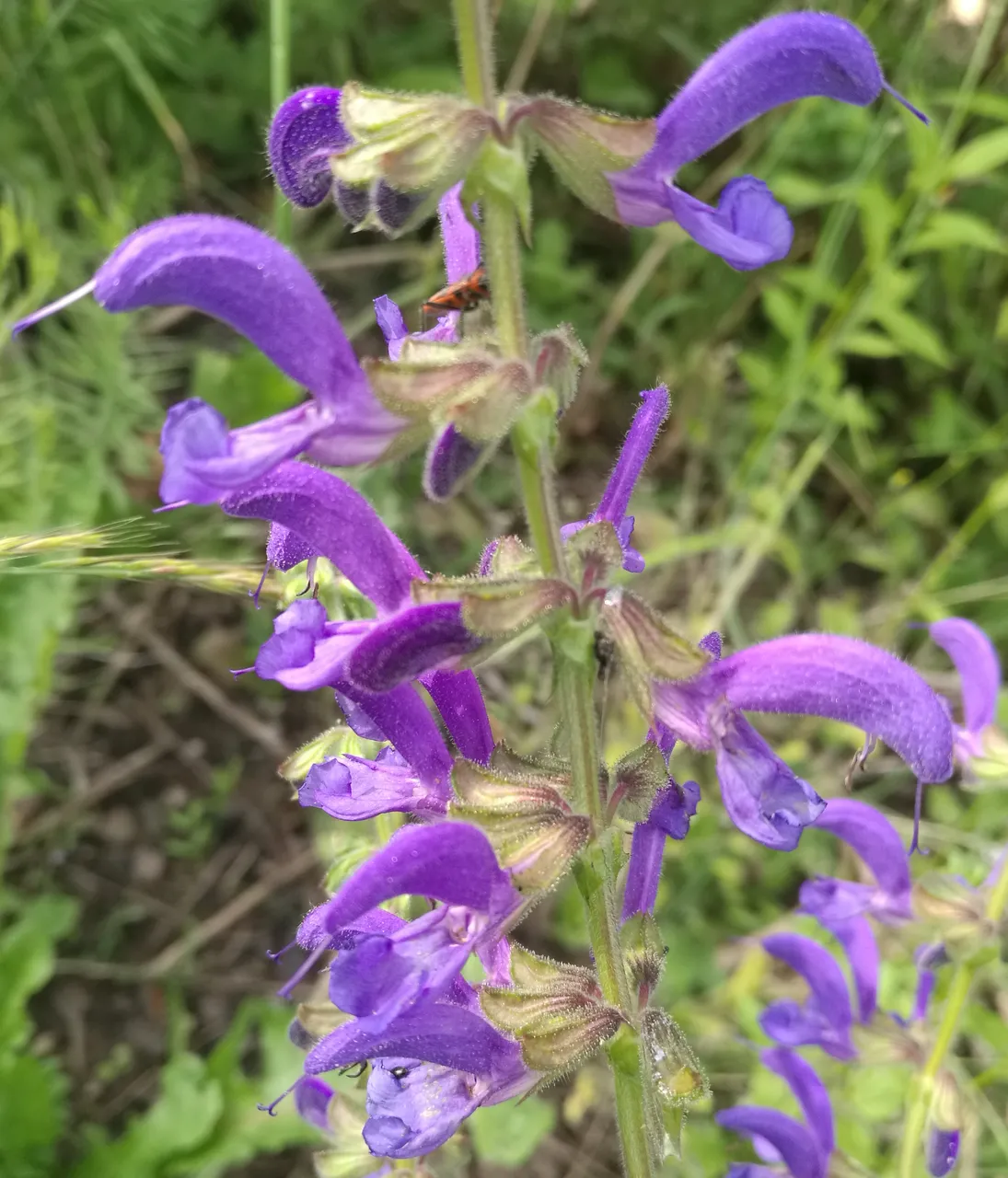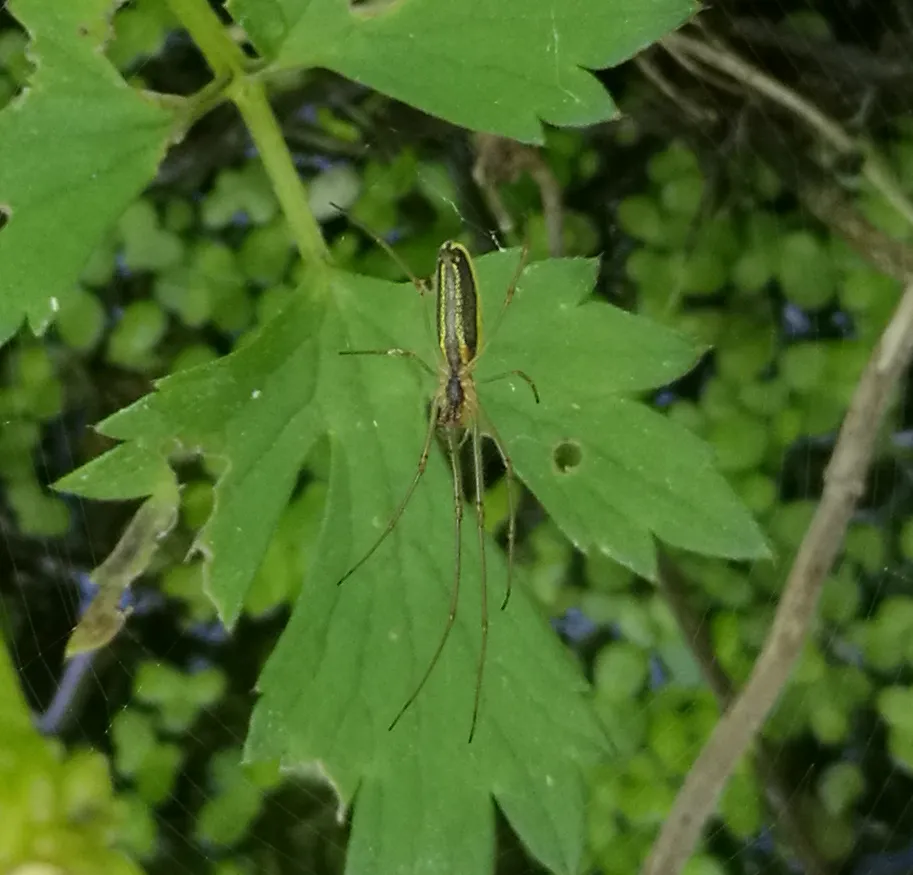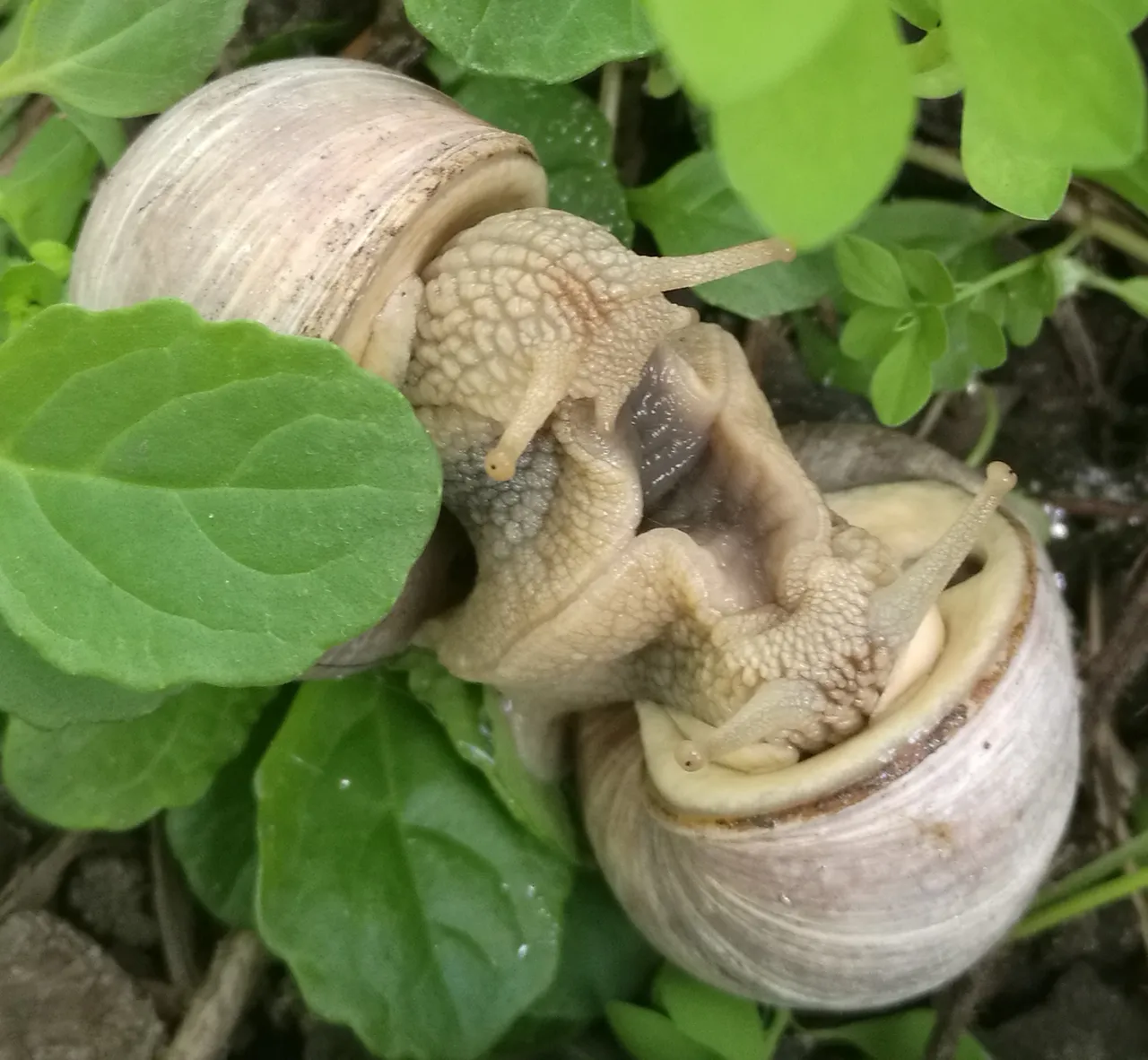|
Recently someone commented that bees and bumblebees are getting rarer these days and becoming more and more endangered on this planet. Unfortunately that's true. We are using insecticides like for example very poisonous neonicotinoids which are damaging bee colonies over extended periods of time. In addition we are eliminating their basic food resources by monocultural farming and keeping our gardens 'sterile' and clean (I prefer to say boring) without offering enough flowering plants and places for insects to hide.
However, apart from the responsibility of the politicians every single person can contribute to help bees, bumblebees and other useful insects by growing a variety of plants whose flowers offer enough nectar and pollen. In addition we can let escape parts of our gardens, offering places to hide like heaps of stones or nesting aids (like the ones you can see here) for bees.
|
Kürzlich kommentierte jemand, Bienen und Hummeln würden heutzutage immer seltener und gefährdeter werden. Leider entspricht das der traurigen Wahrheit. Wir nutzen Insektizide, wie zum Beispiel sehr giftige Neonicotinoide, die über lange Zeiträume hinweg zum Niedergang von Bienenvölkern führen können. Darüber hinaus entziehen wir ihnen durch die Kultivierung von Monokulturen und die Tendenz, möglichst 'sterile' (also langweilige) Gärten, ohne viele Blütenpflanzen und Orte, welche Insekten sichere Verstecke bieten, zu bevorzugen, ihre Nahrungsgrundlage.
Allerdings reicht es nicht, der Politik die Verantwortung für die missliche Lage zuzuschieben: Jeder Einzelne kann dazu beitragen, Bienen, Hummeln und anderen nützlichen Insekten zu helfen, indem er Gewächse pflanzt, die möglichst viel Nektar und Pollen bieten. Außerdem ist es sinnvoll, Teile seines Gartens verwildern zu lassen und Plätze, wie beispielsweise Steinhaufen oder Nisthilfen für Bienen (wie z. B. diese hier) zur Verfügung zu stellen.
|
